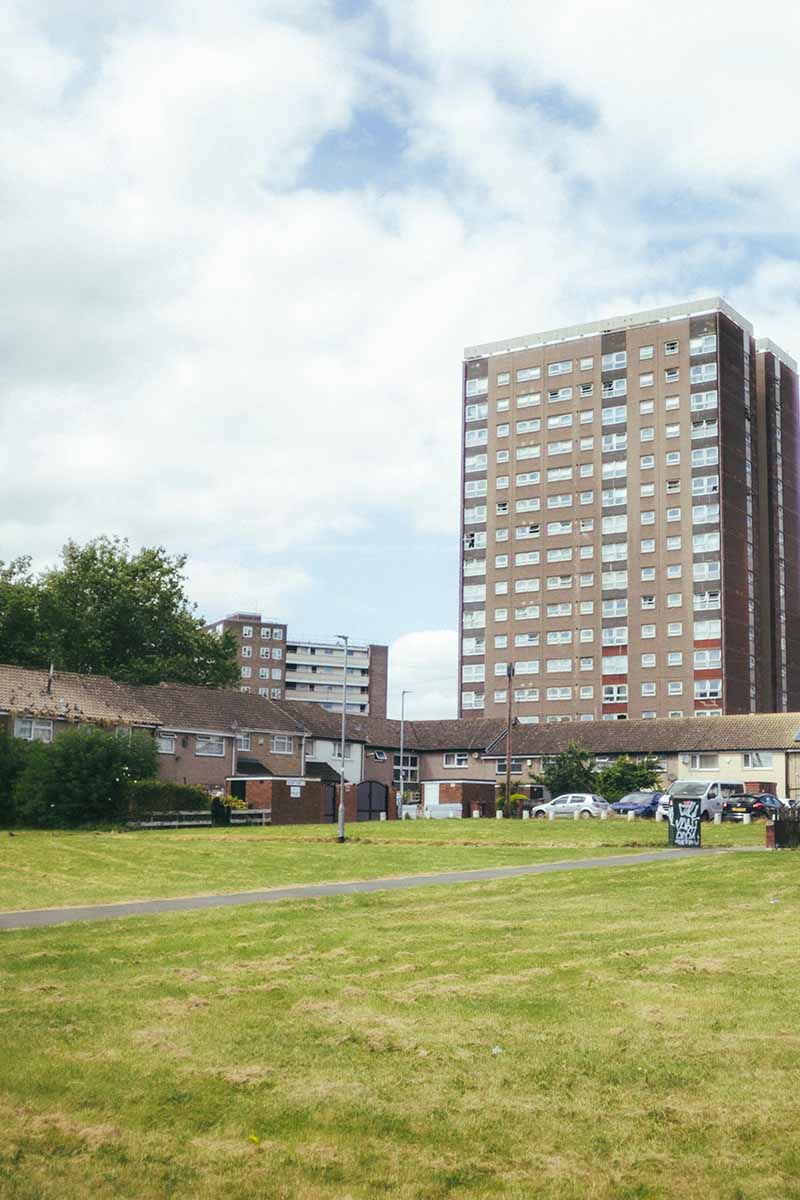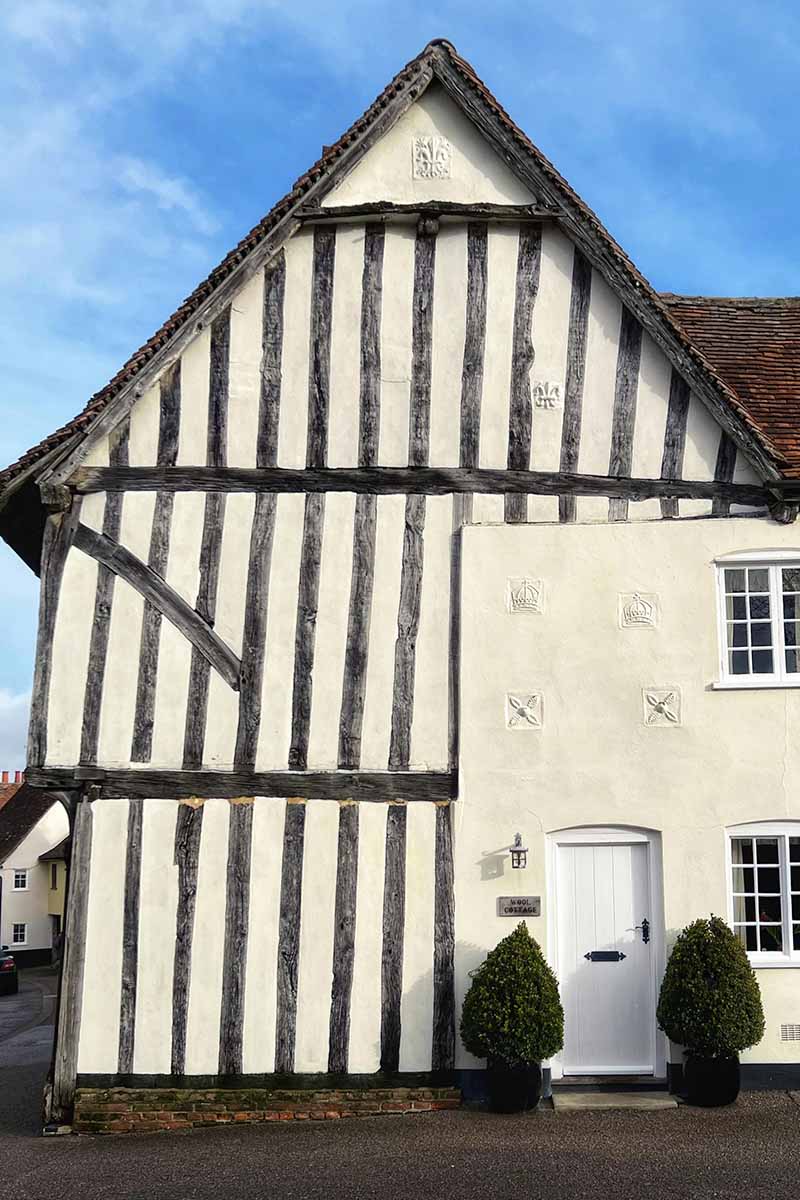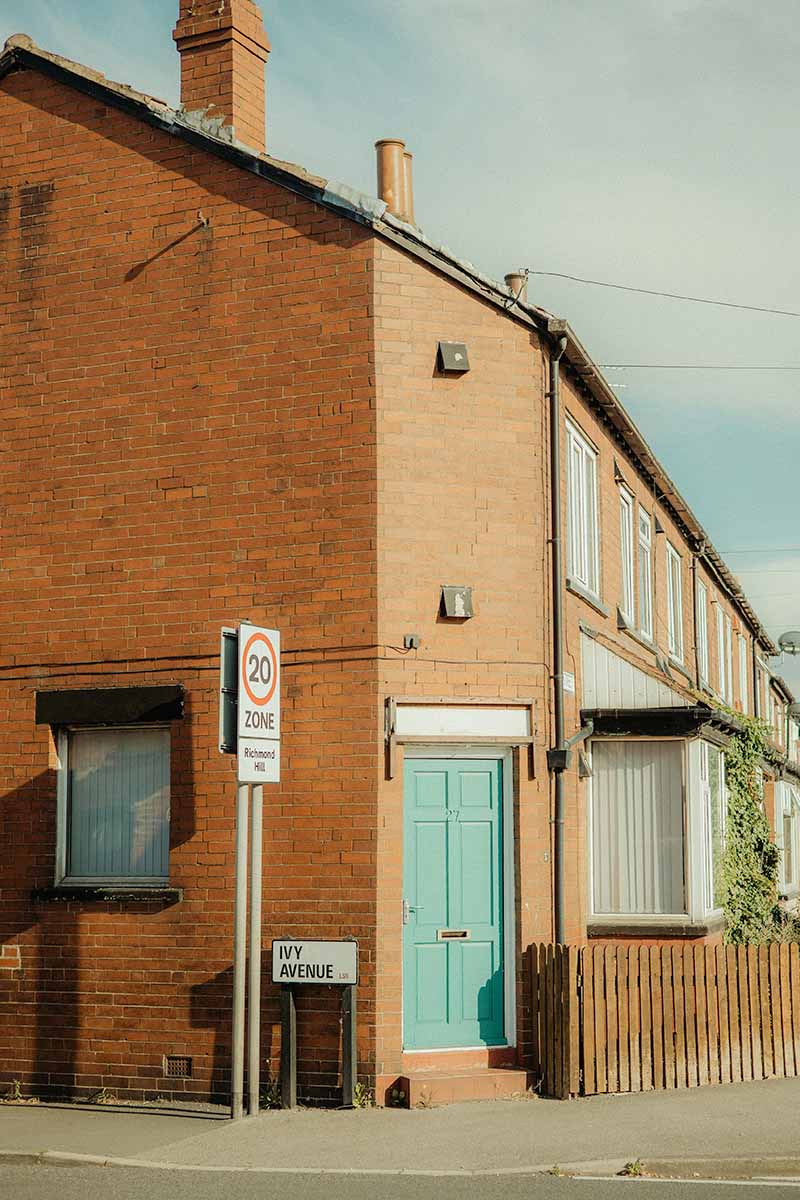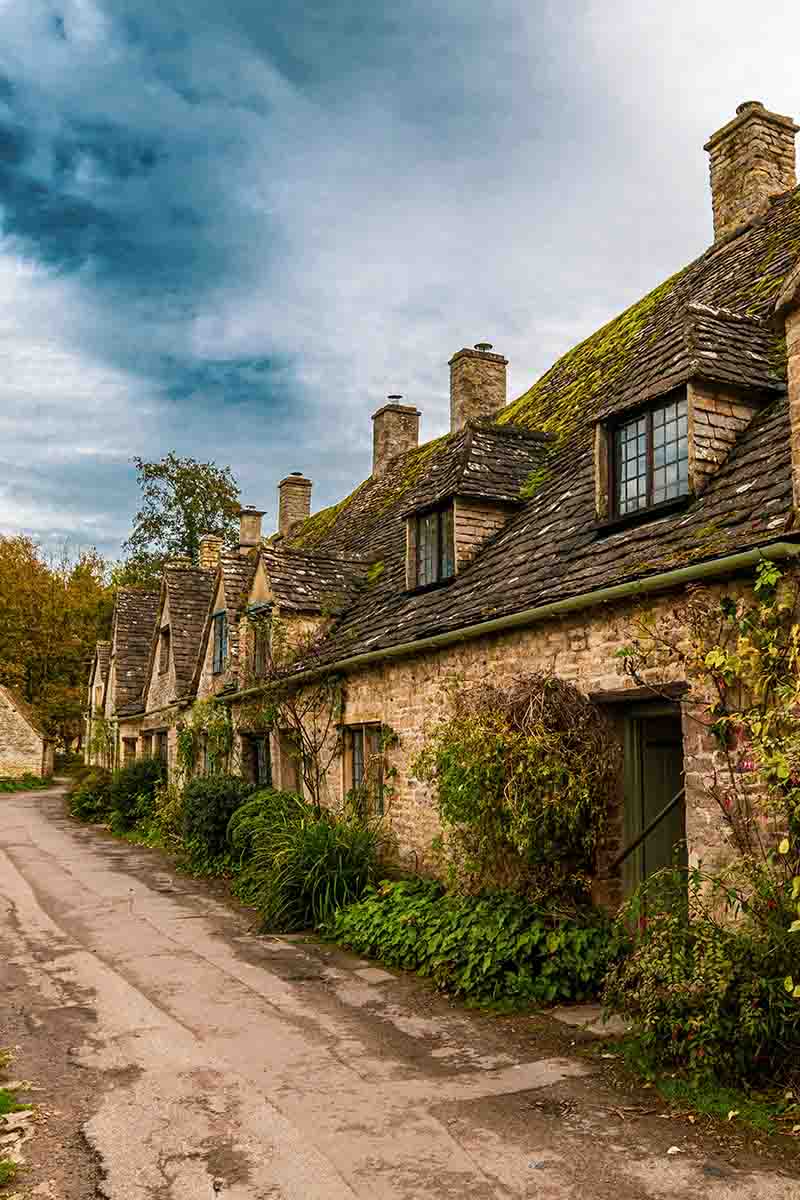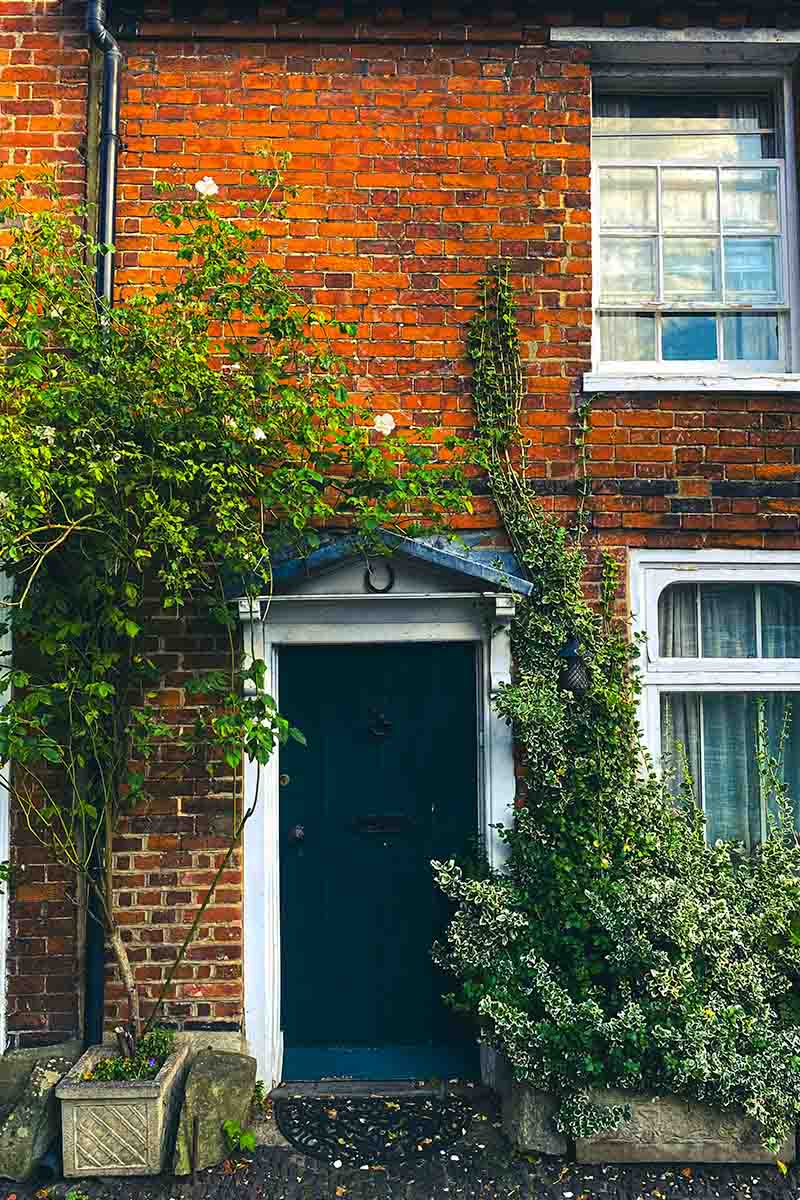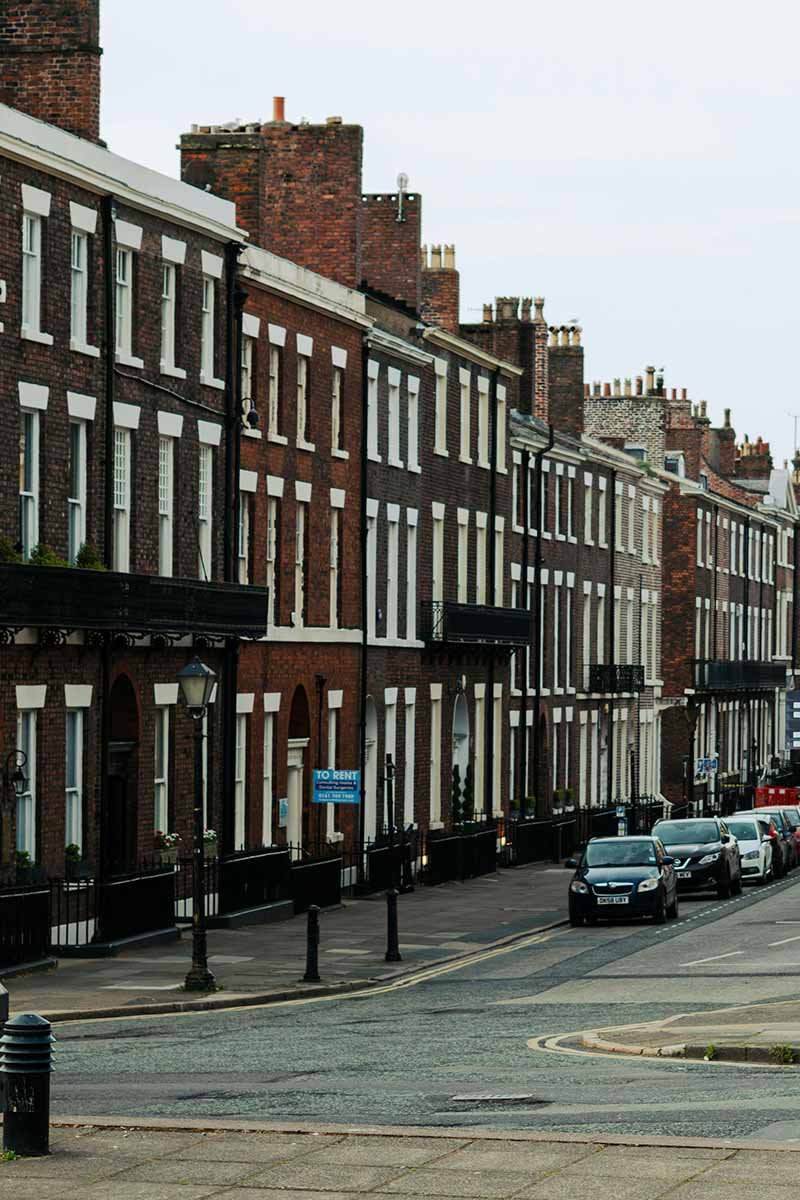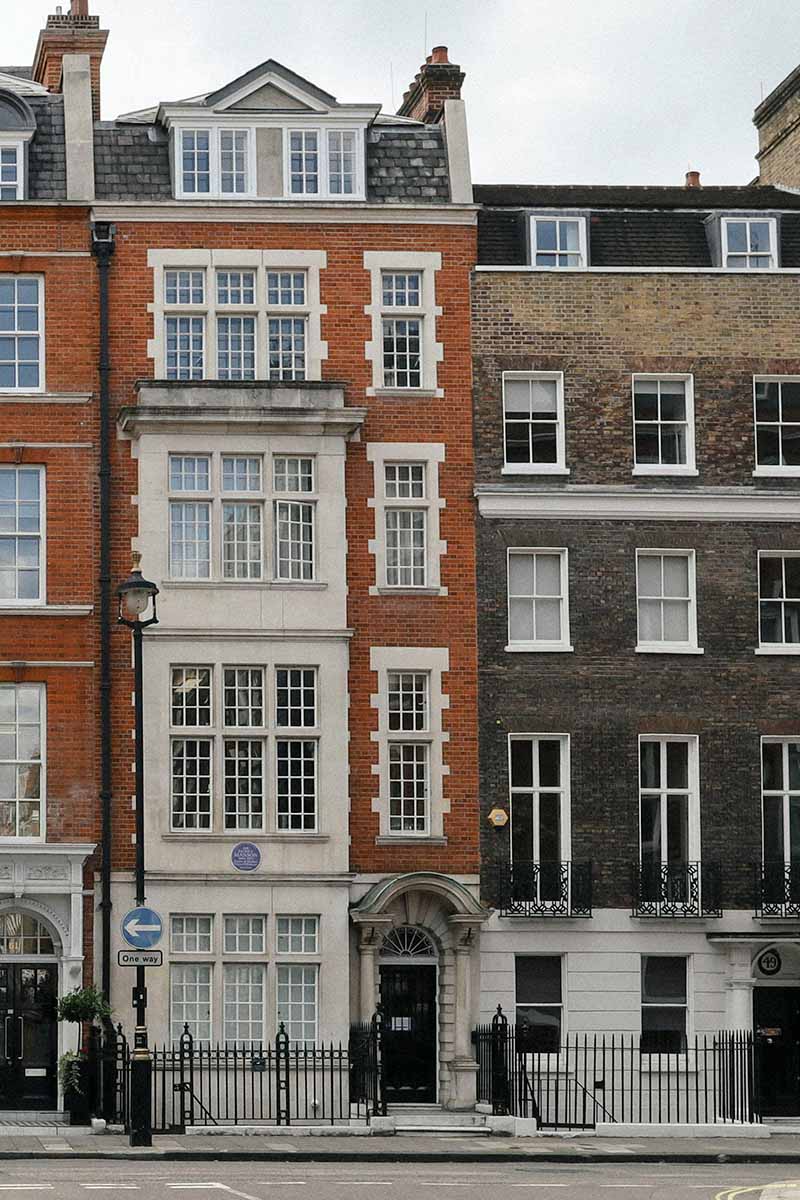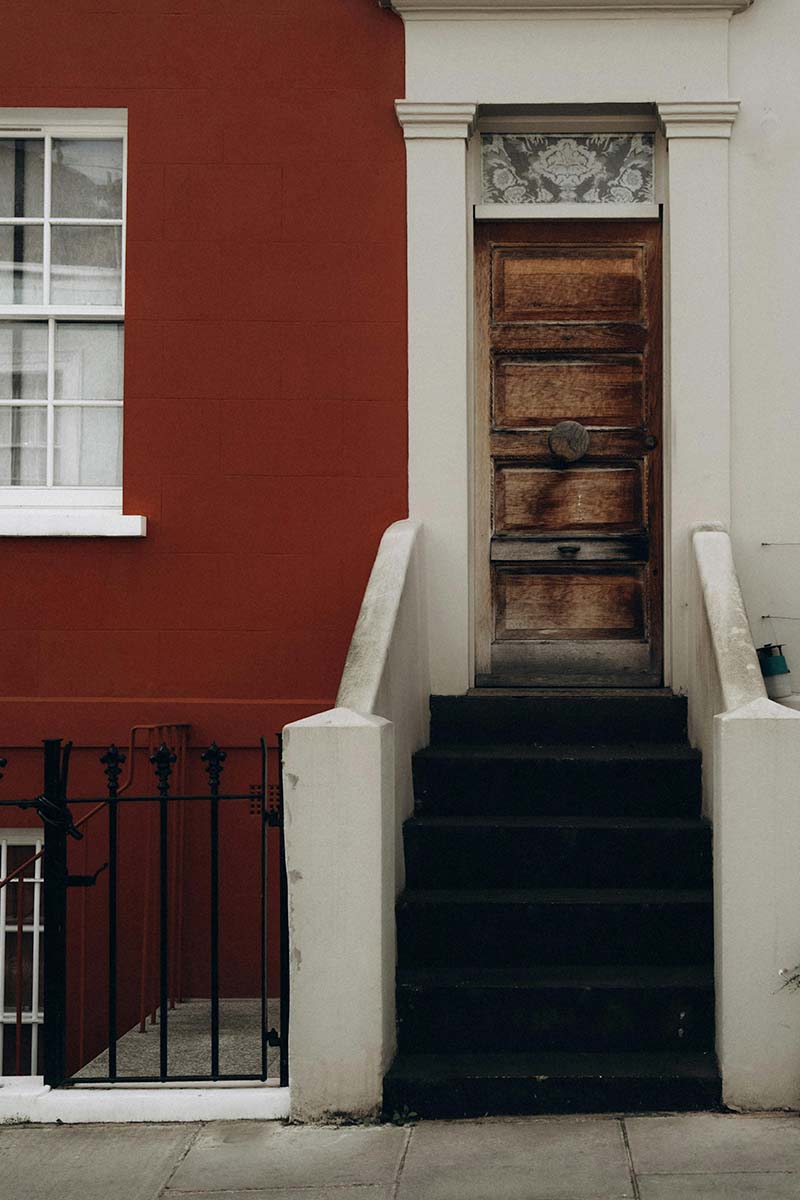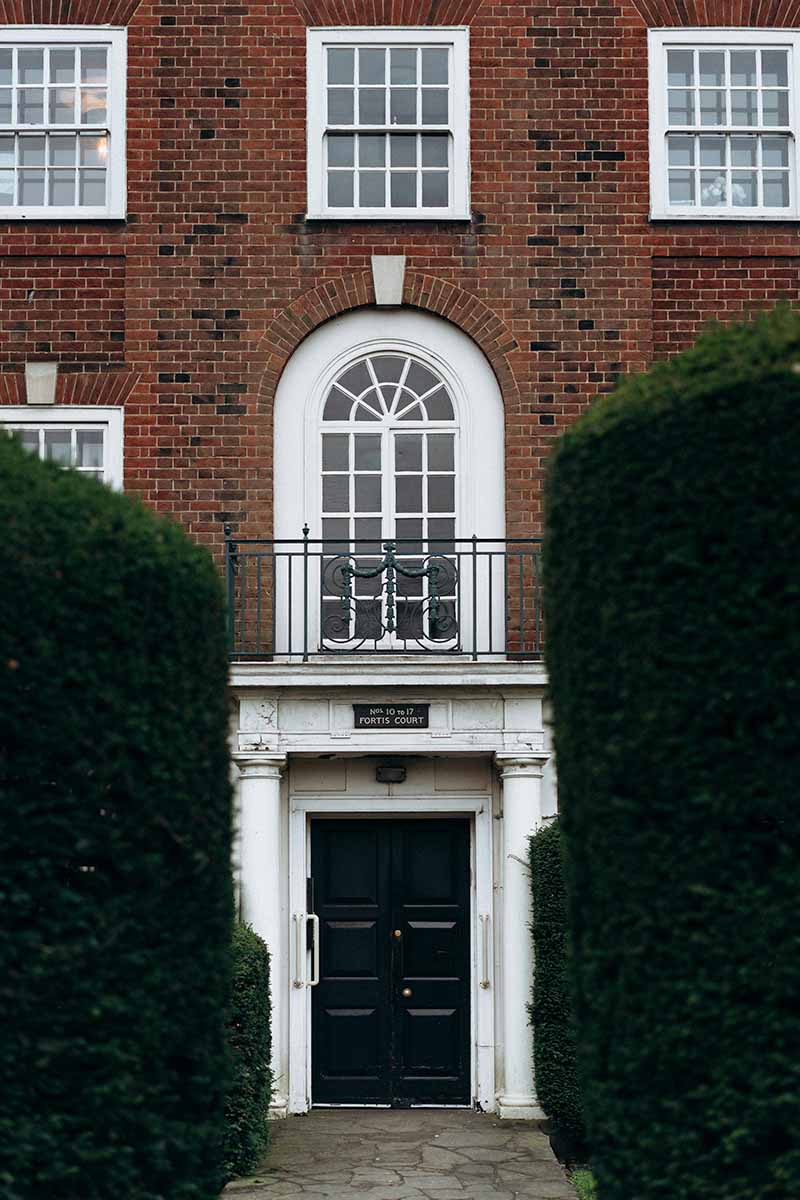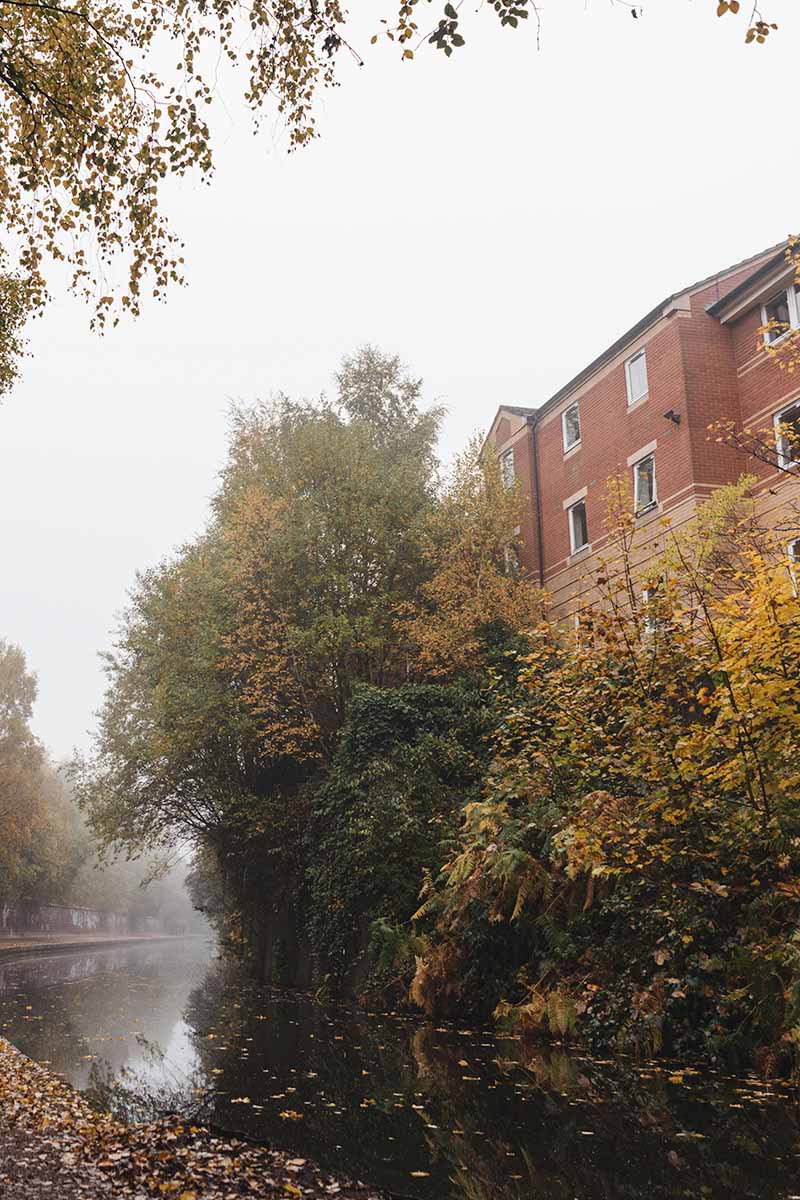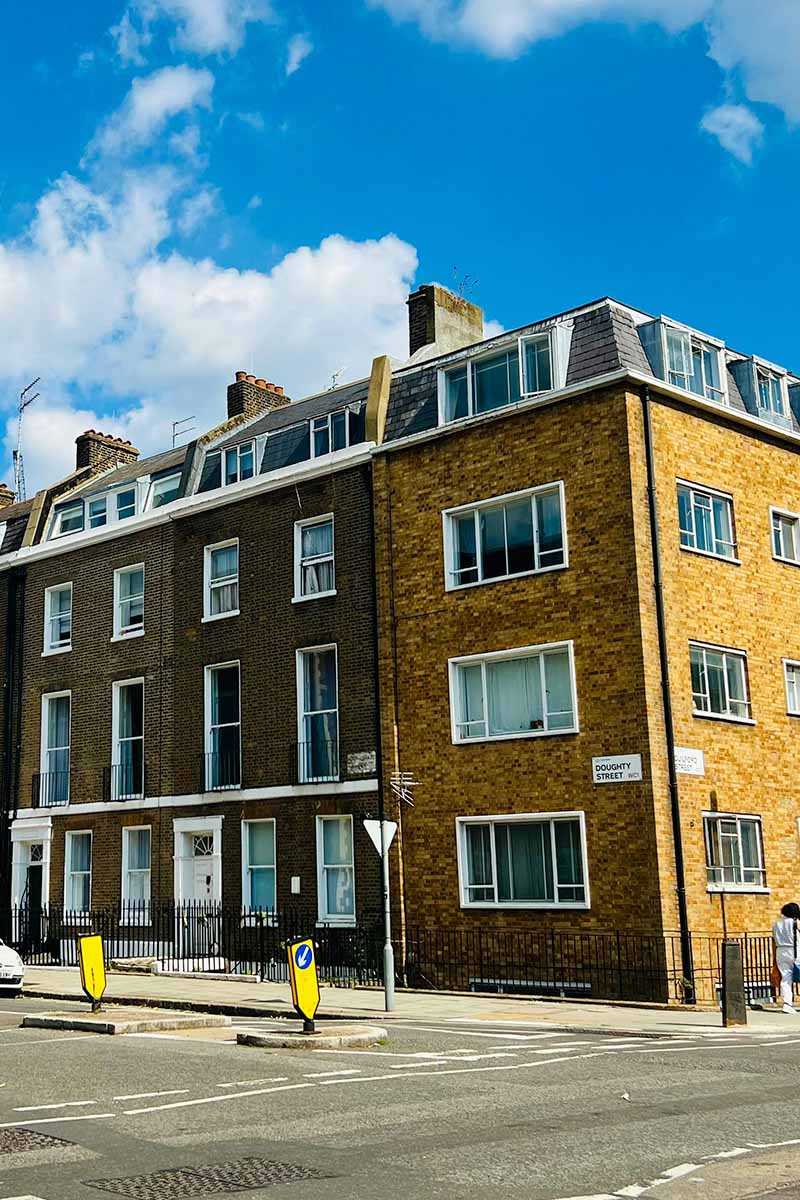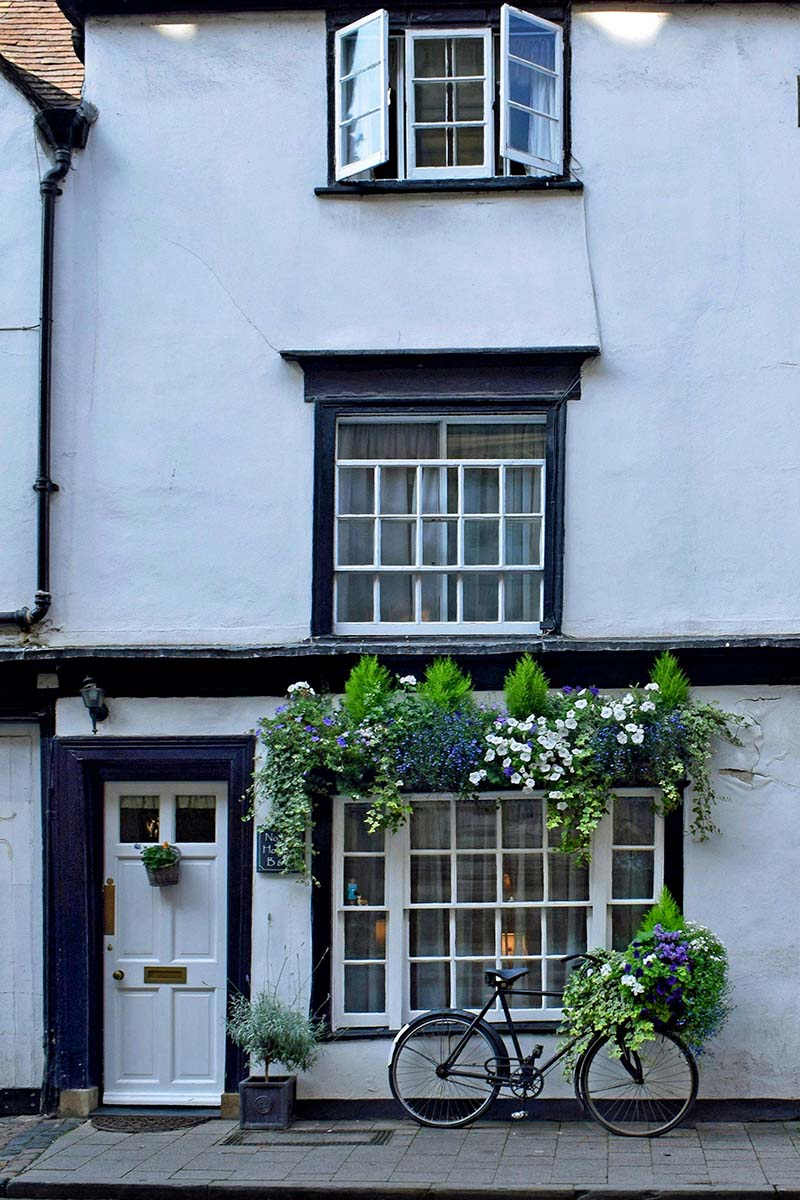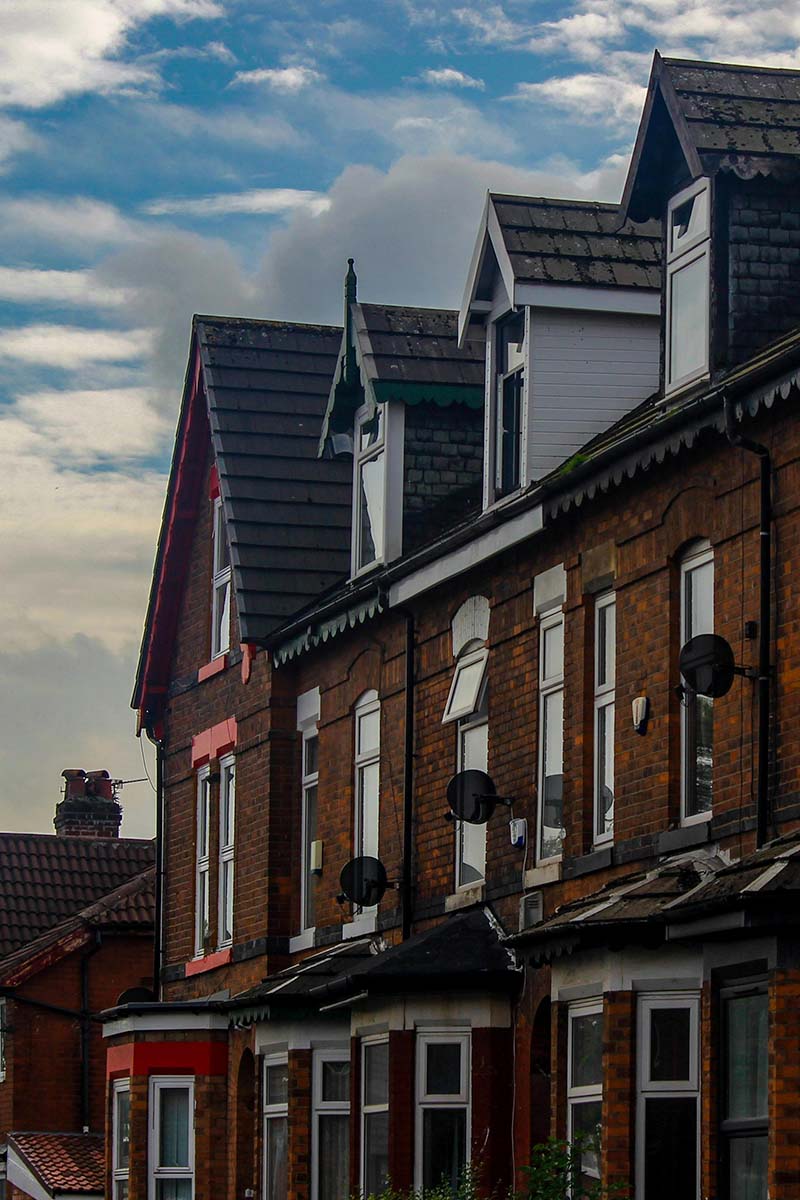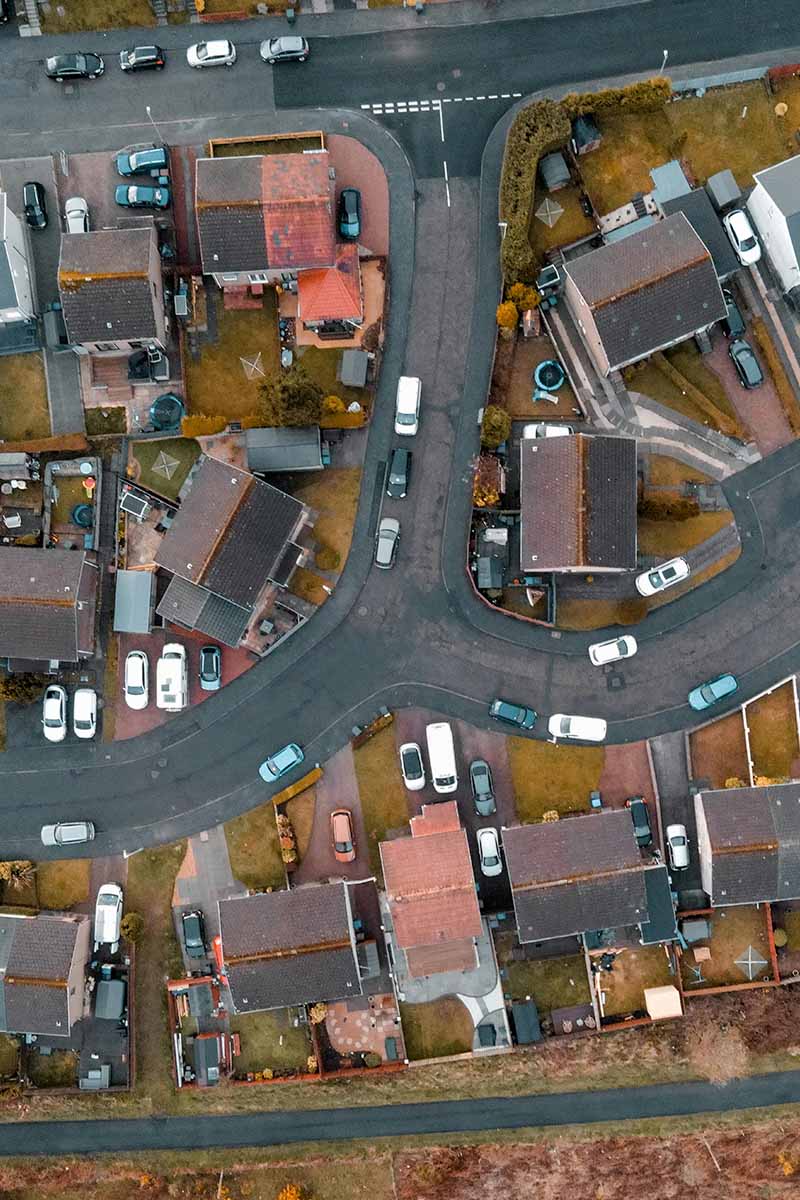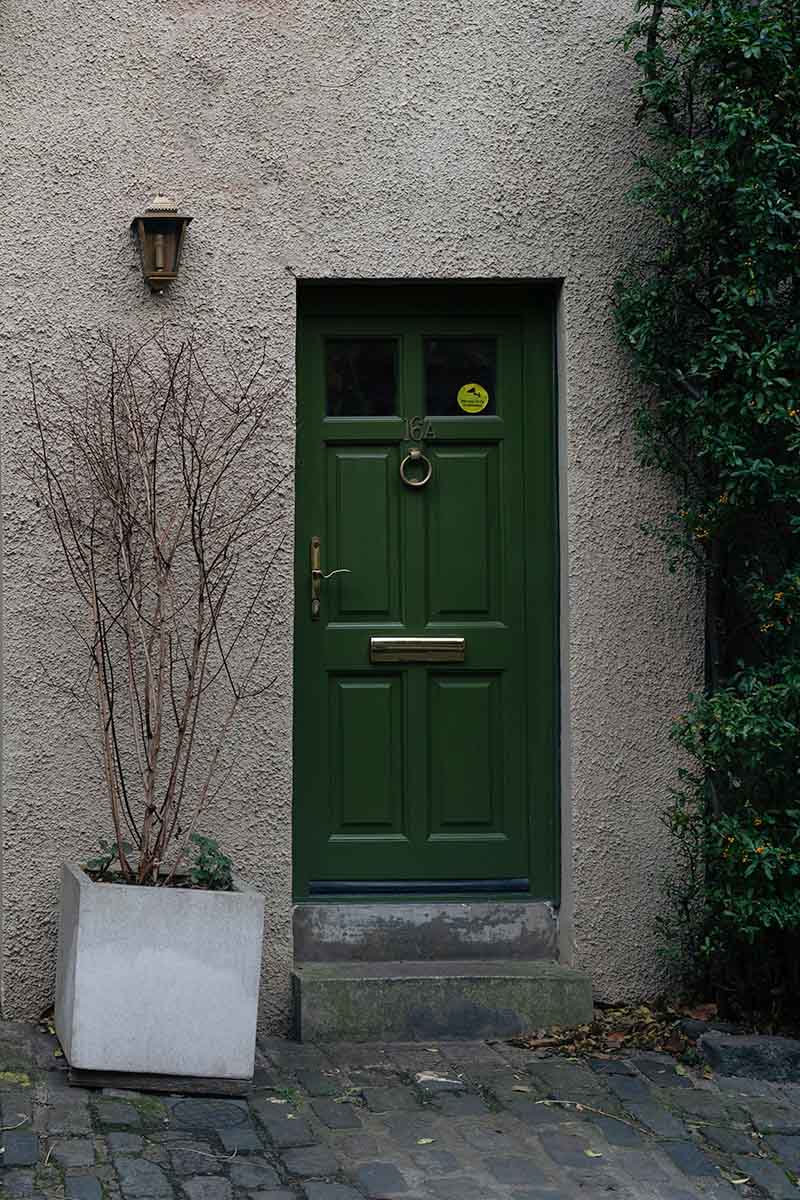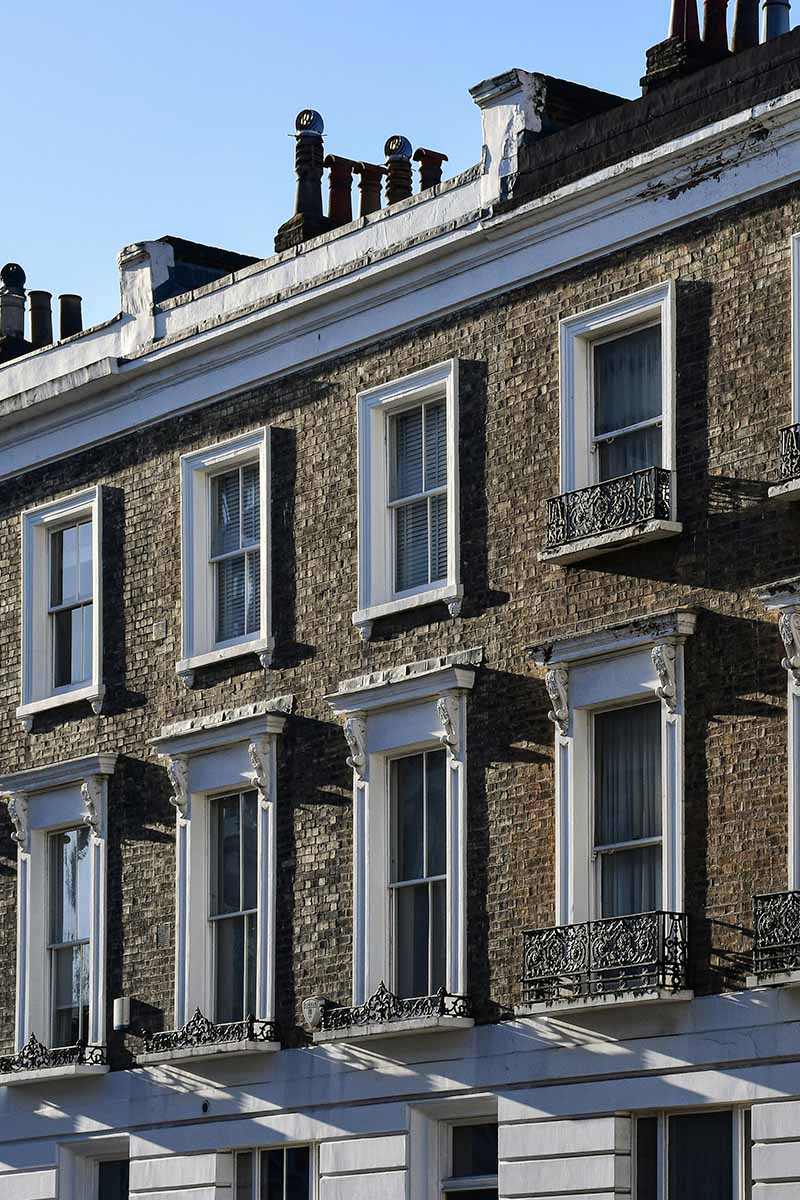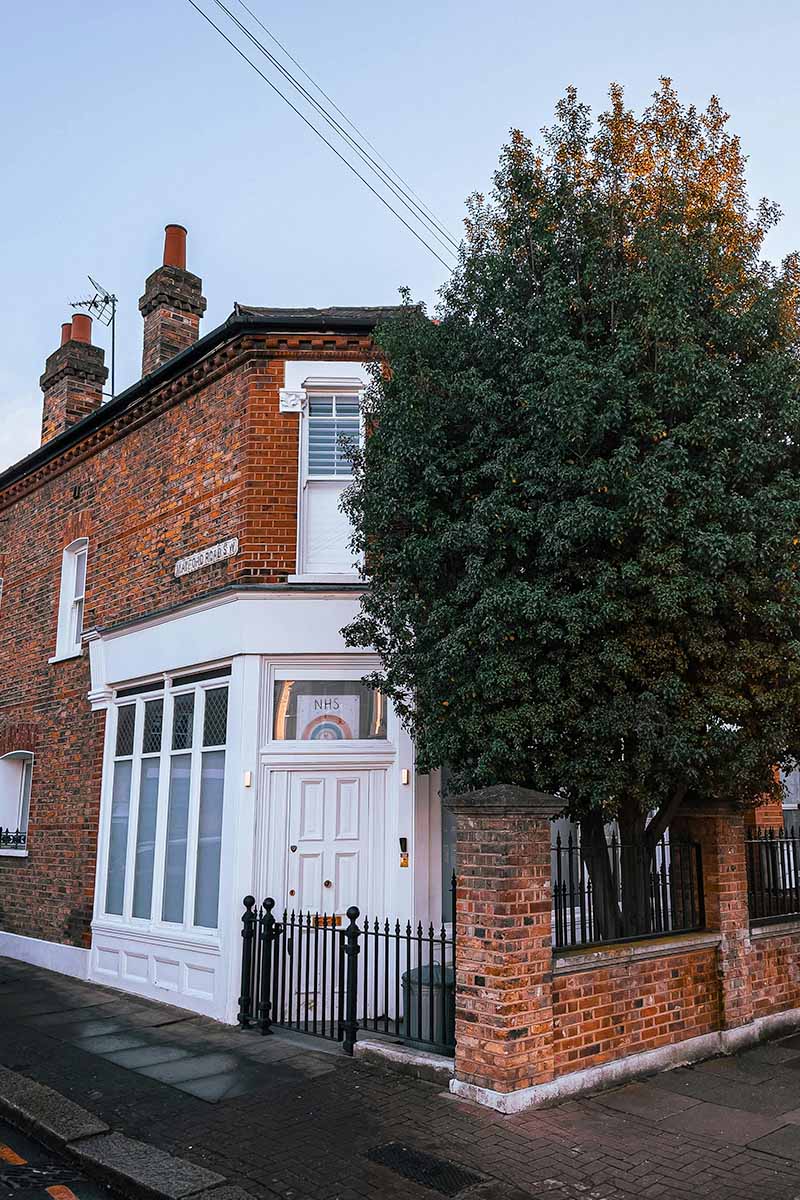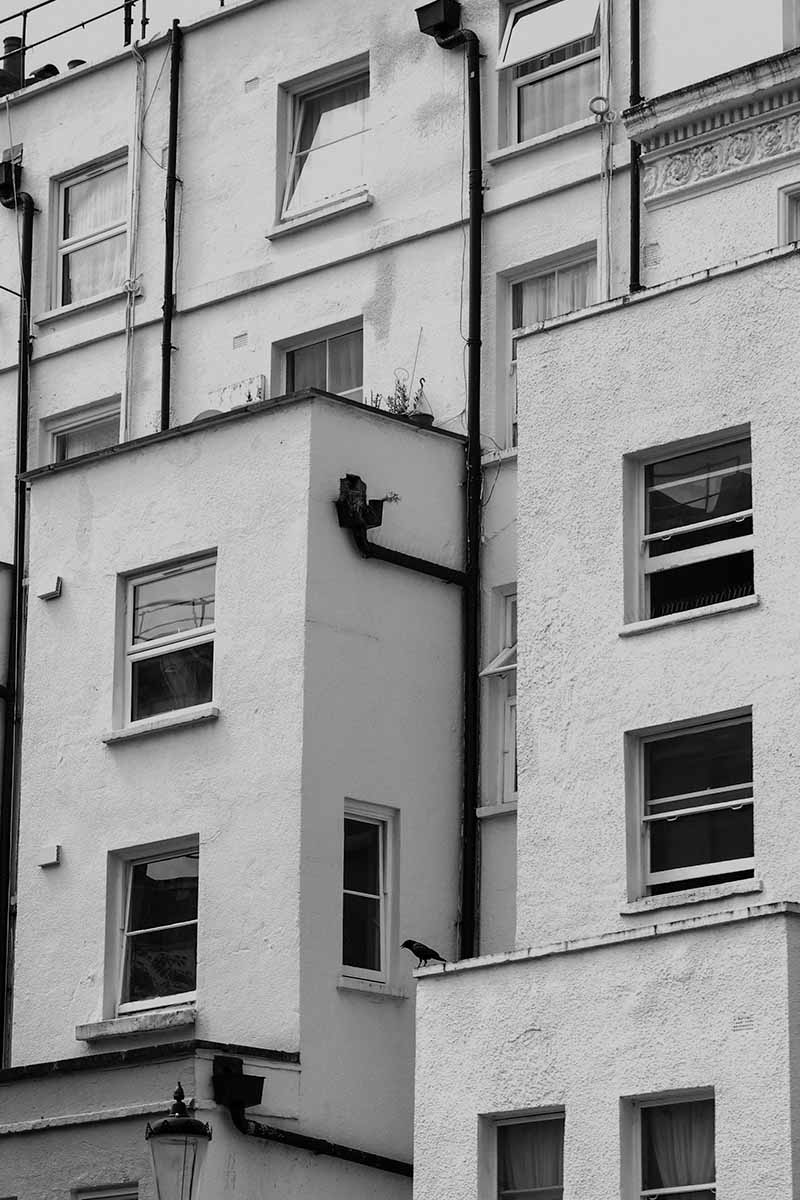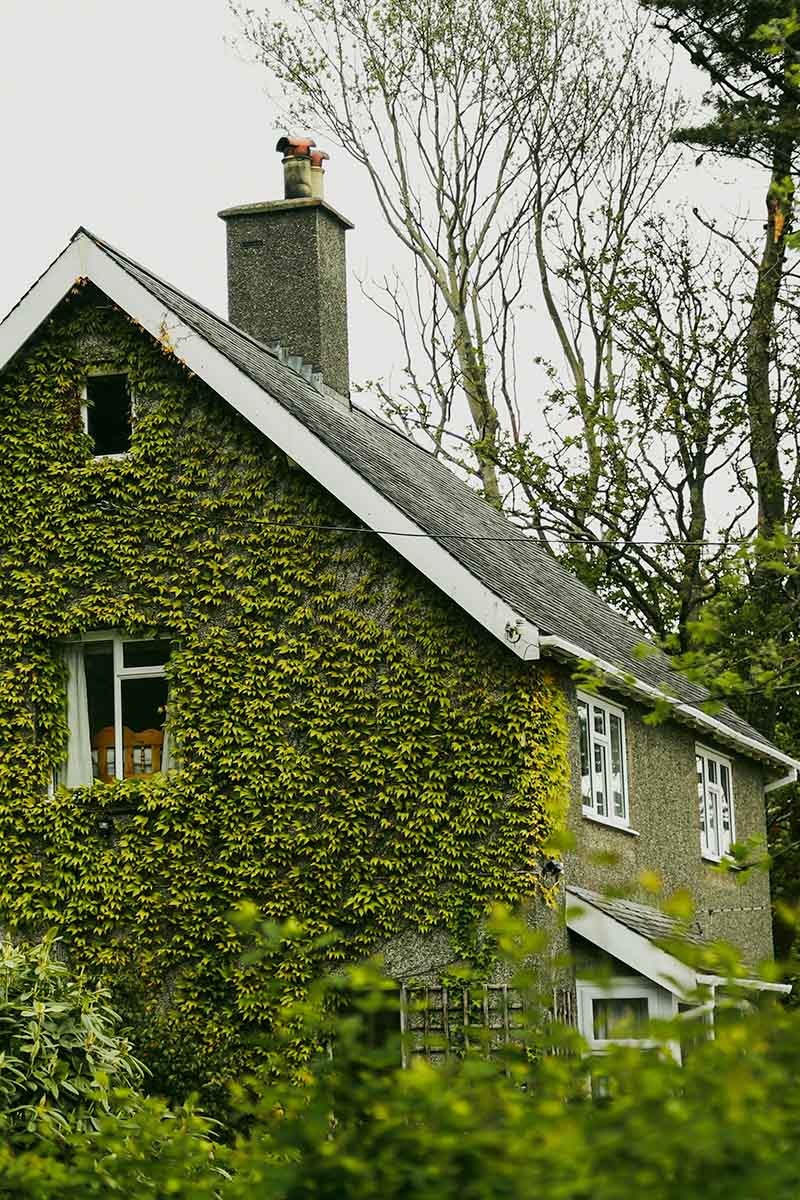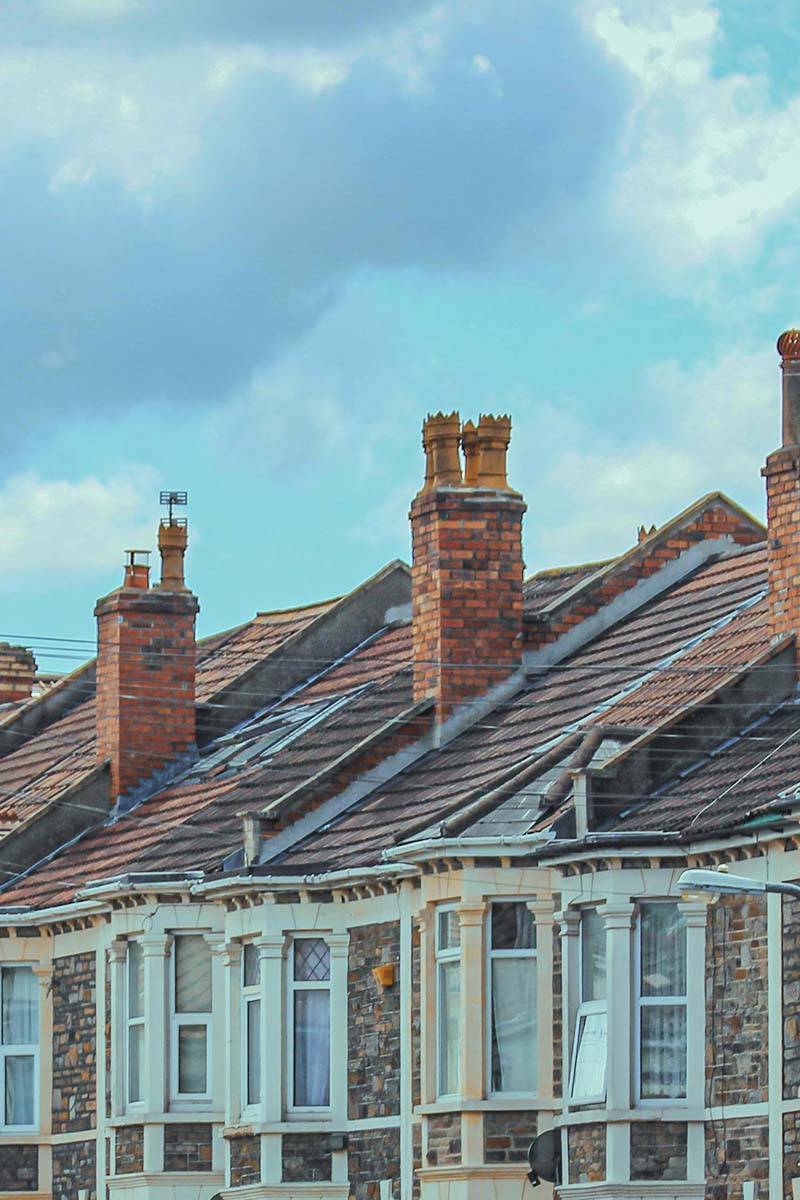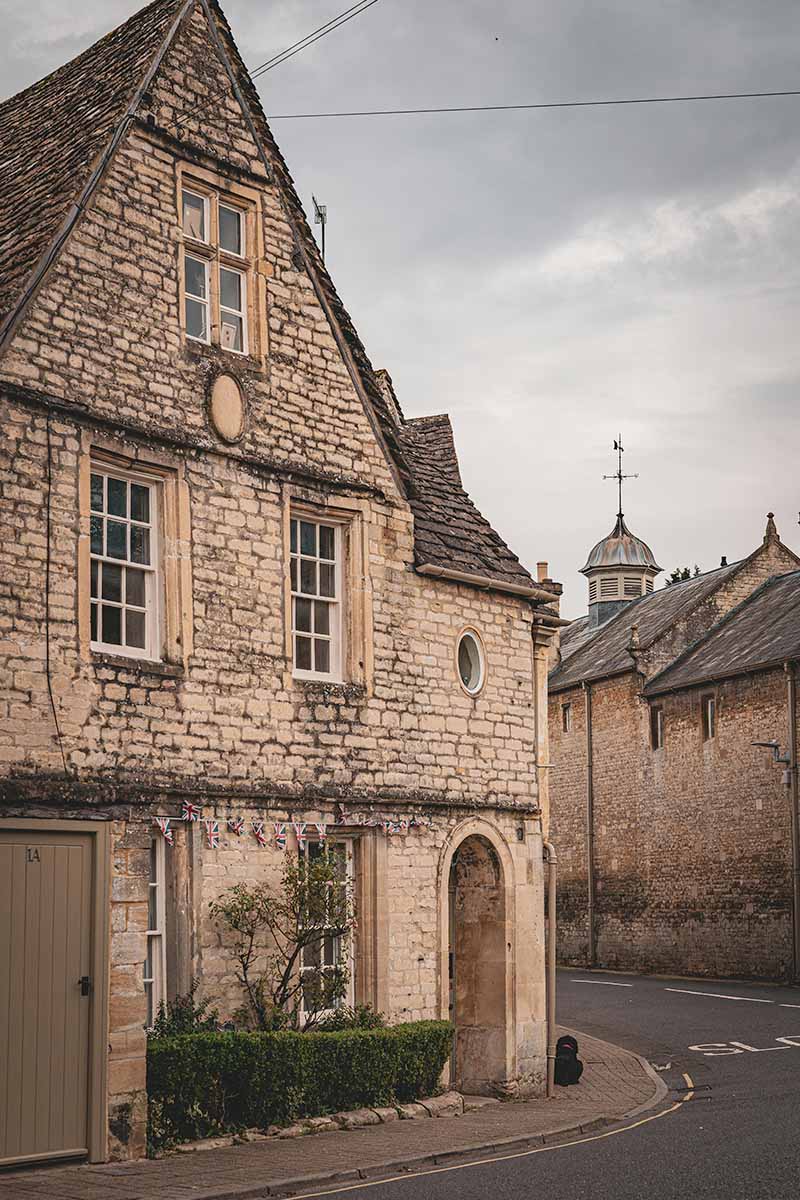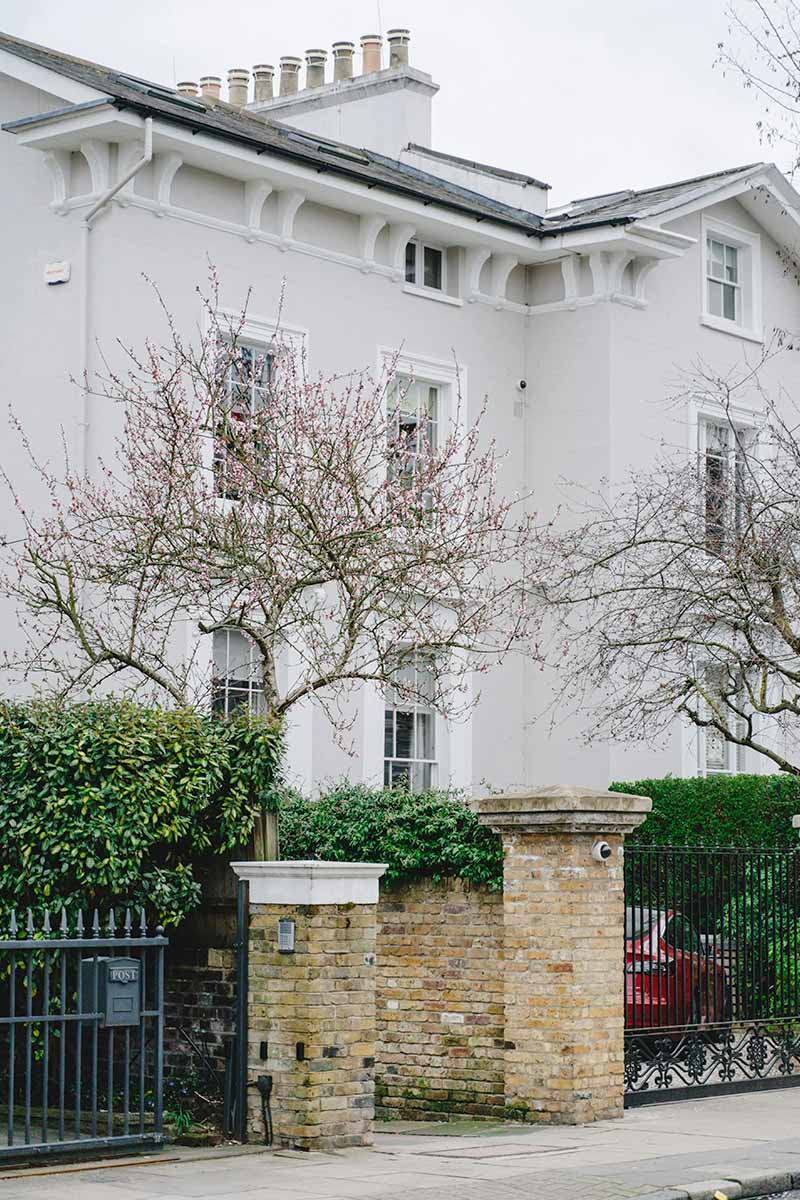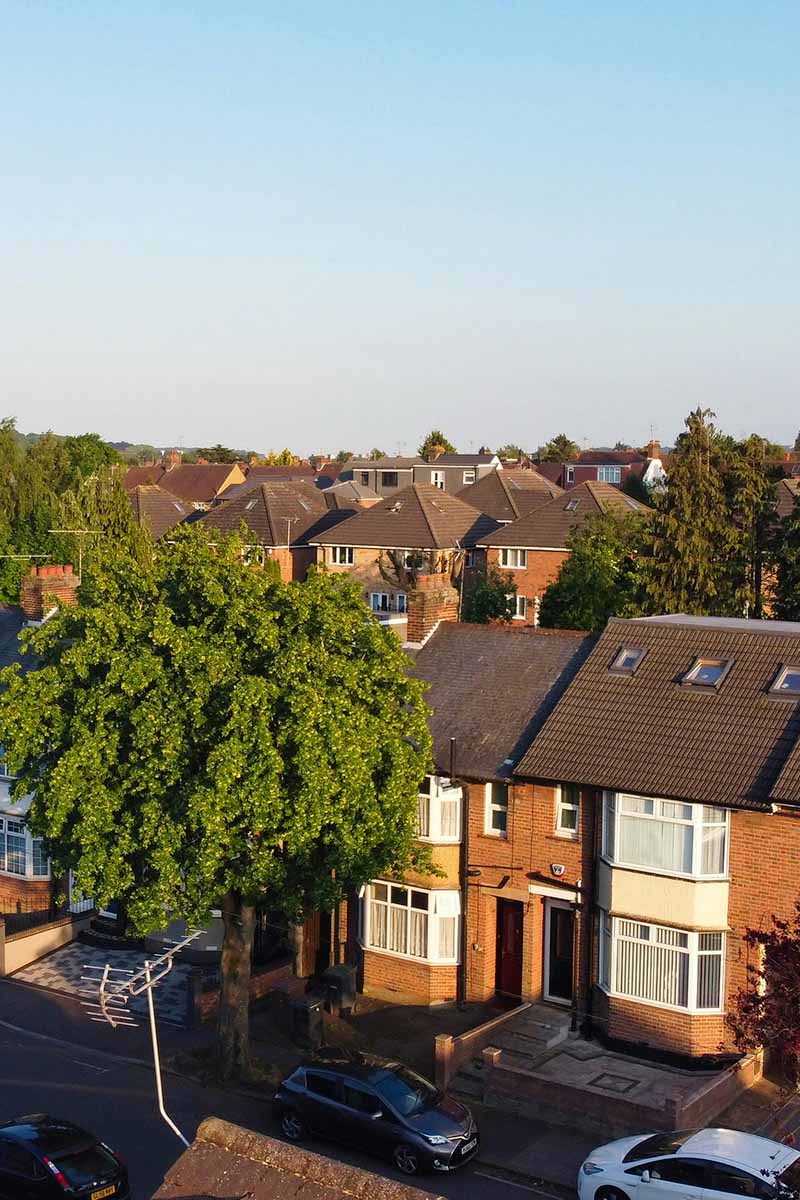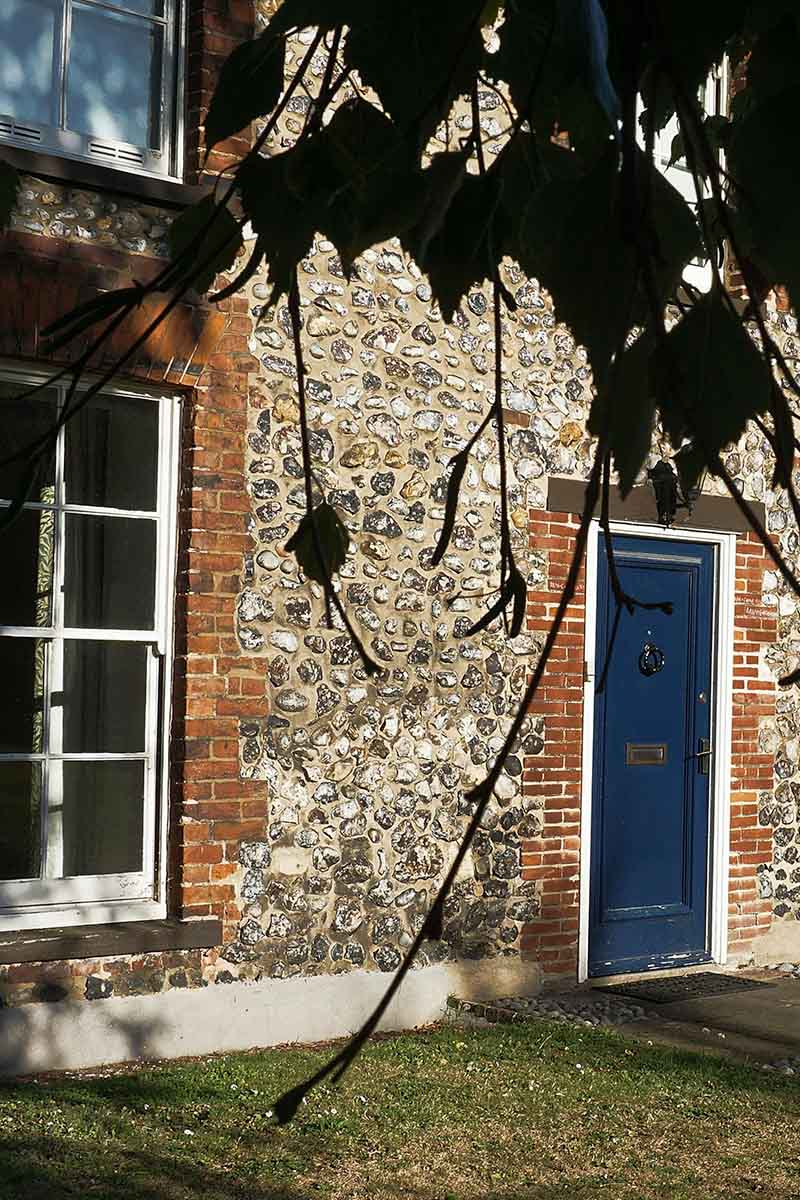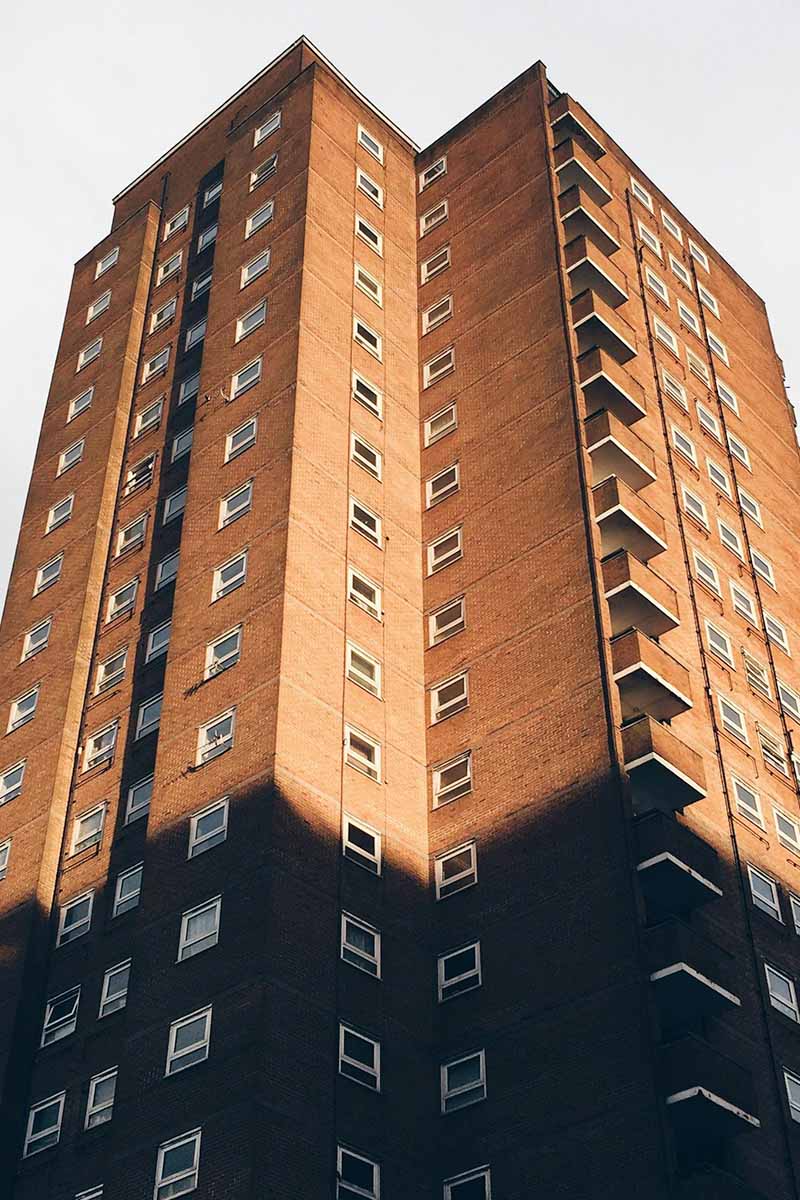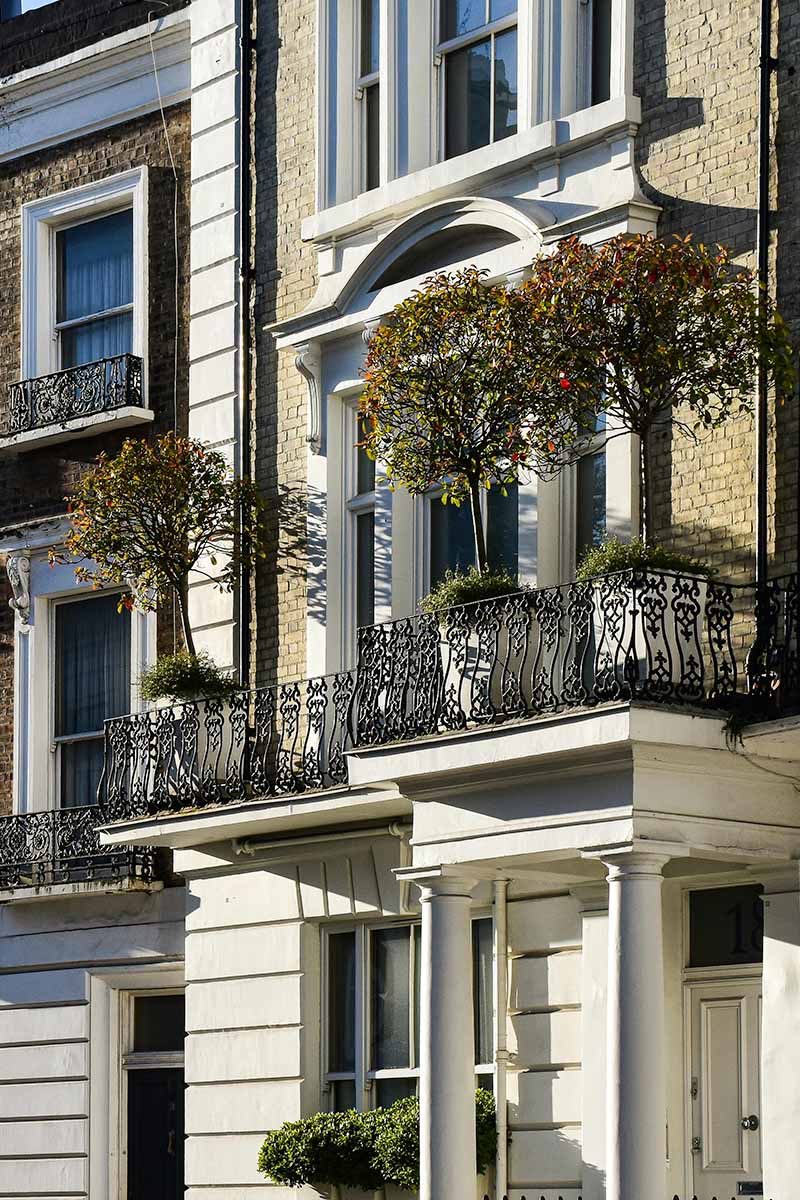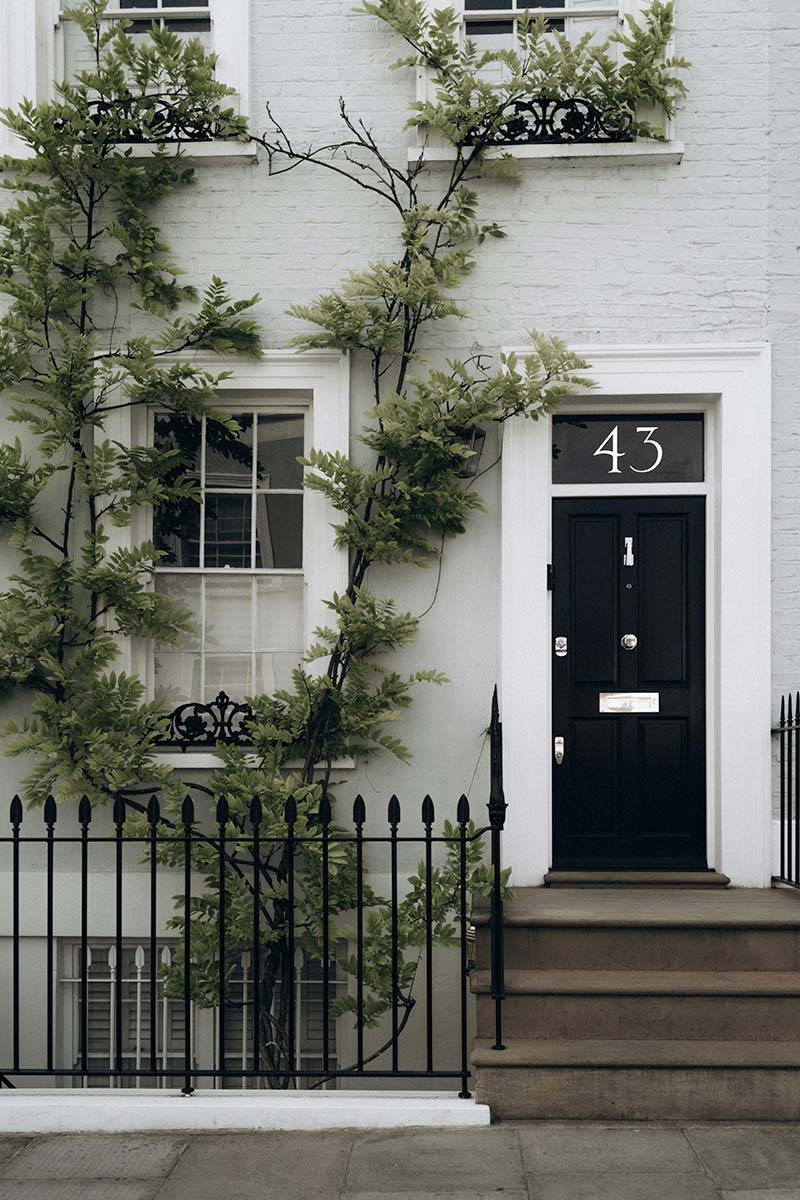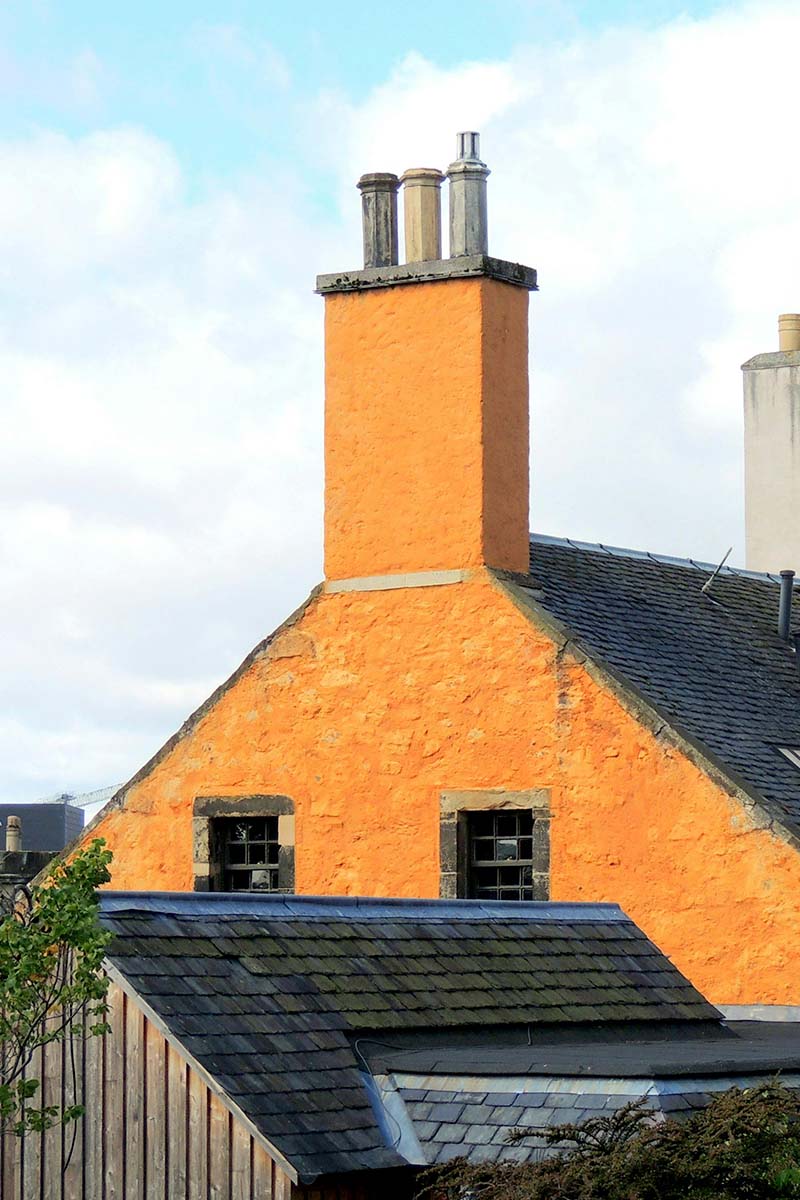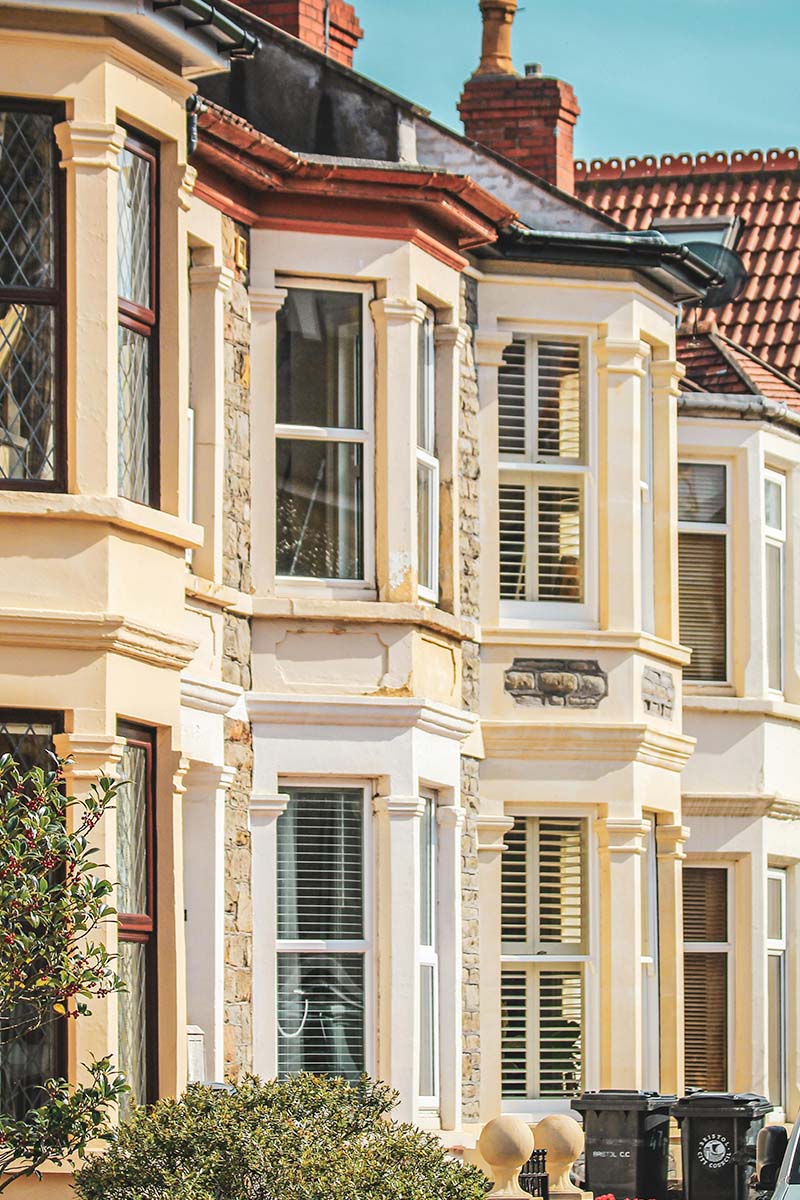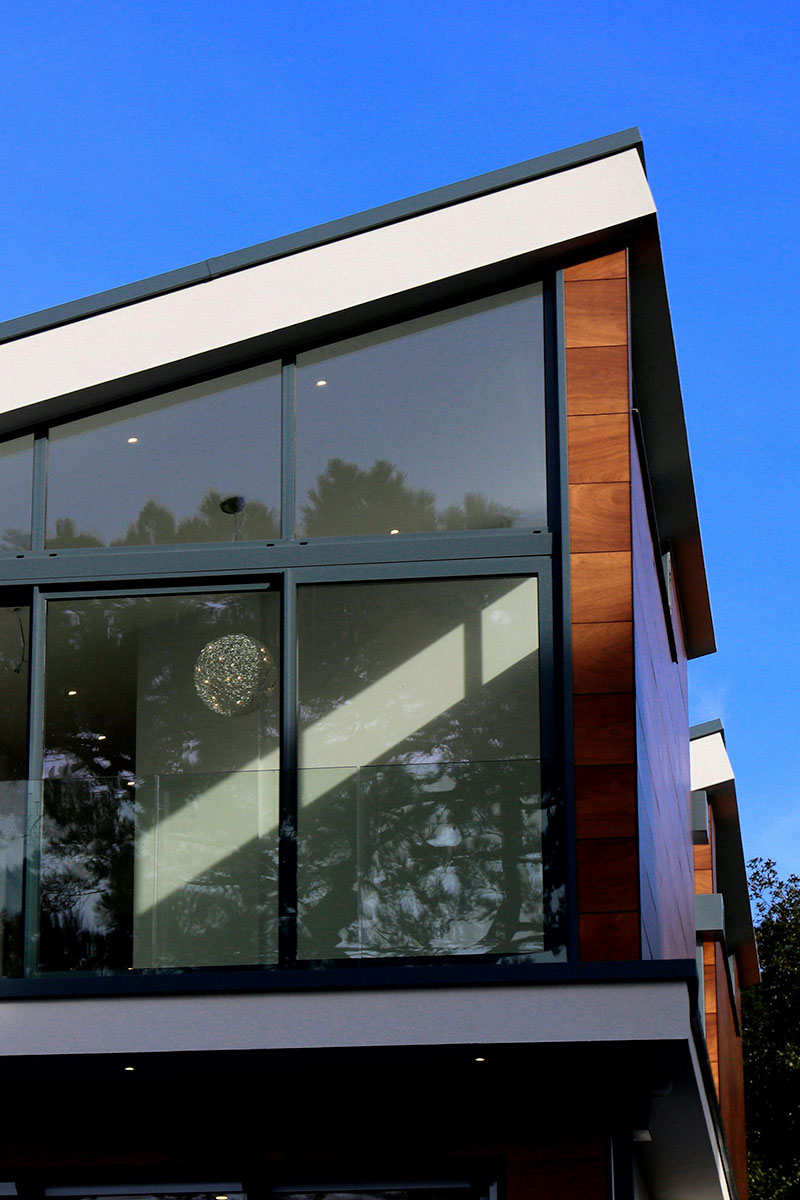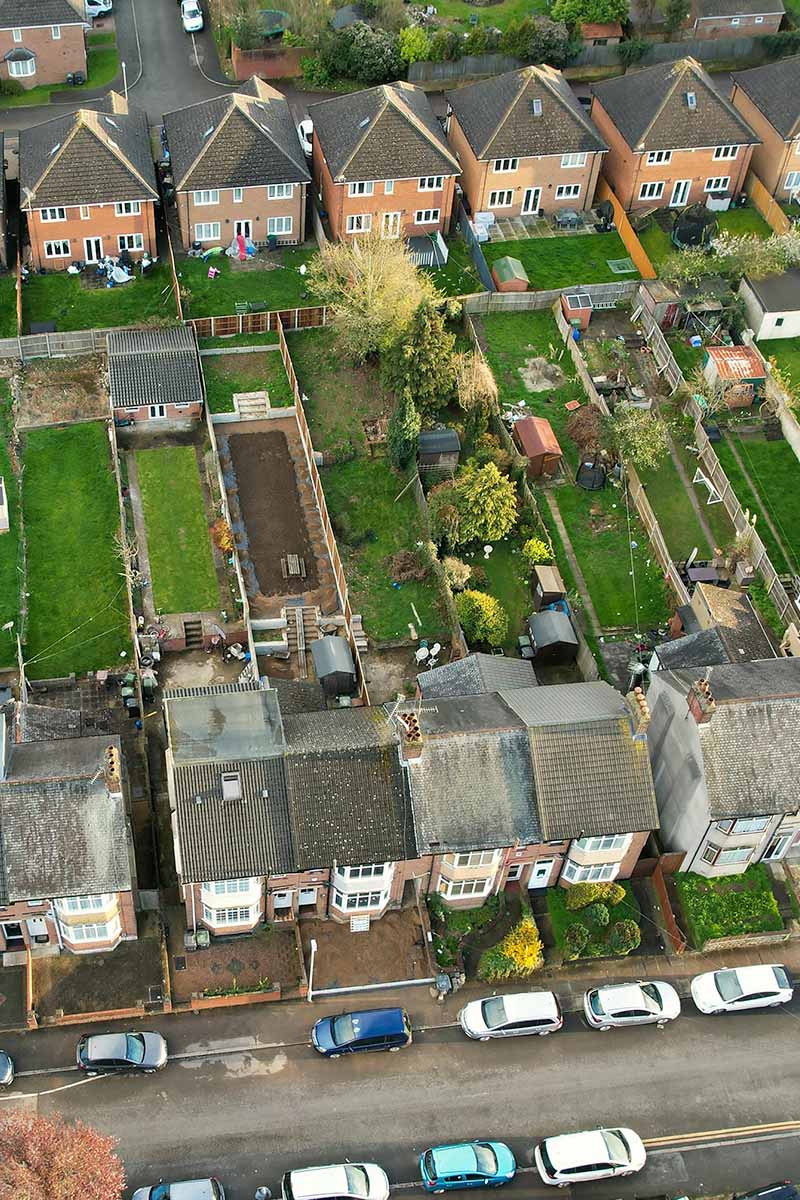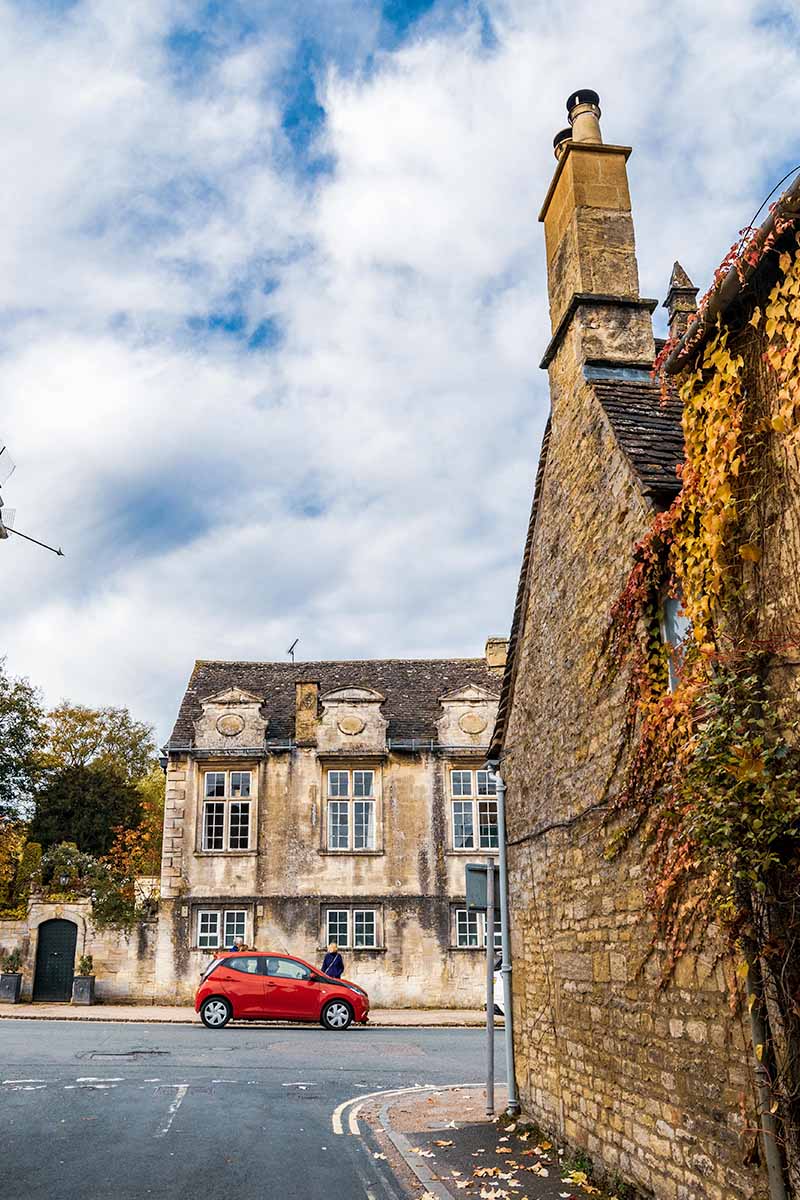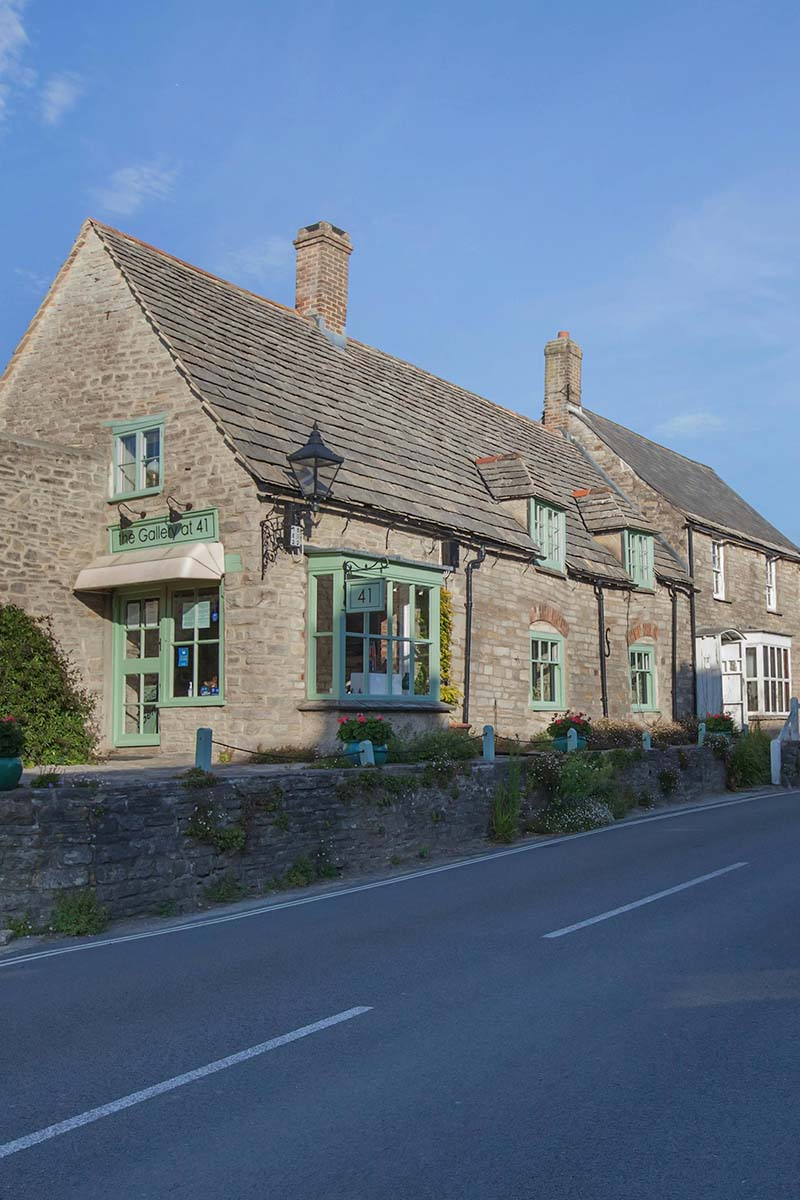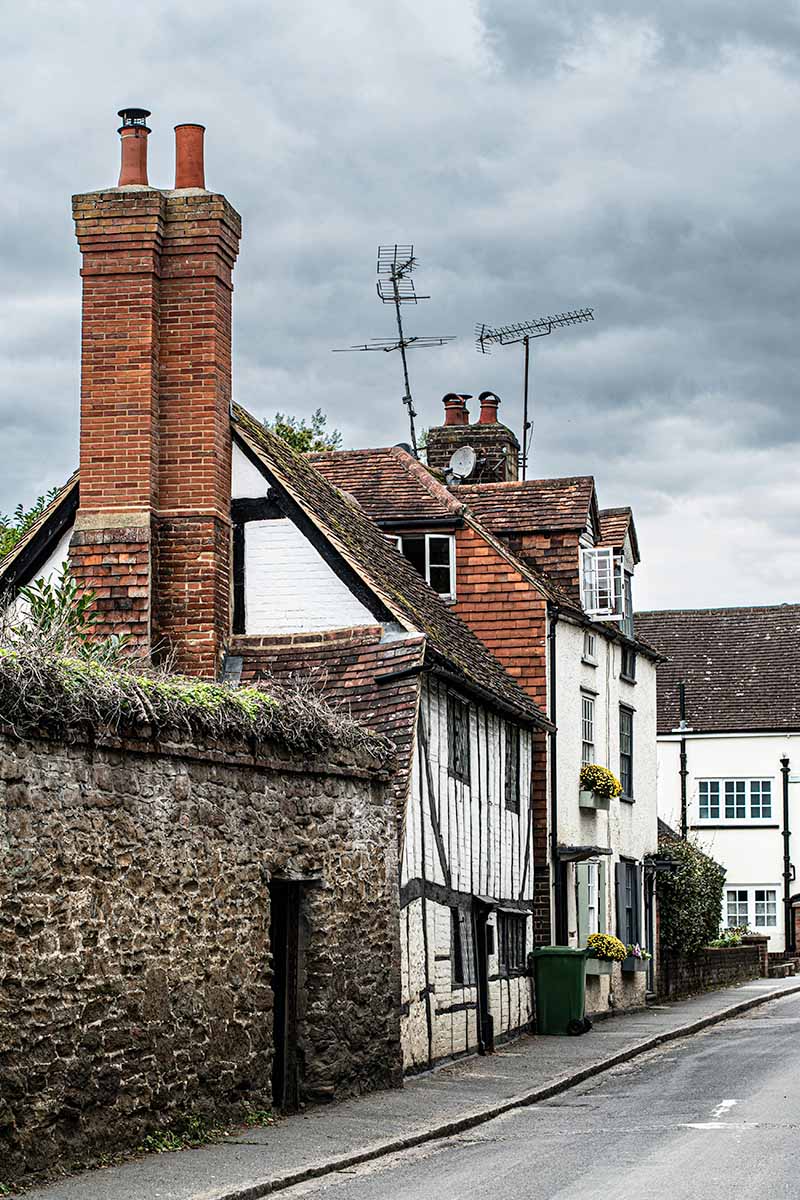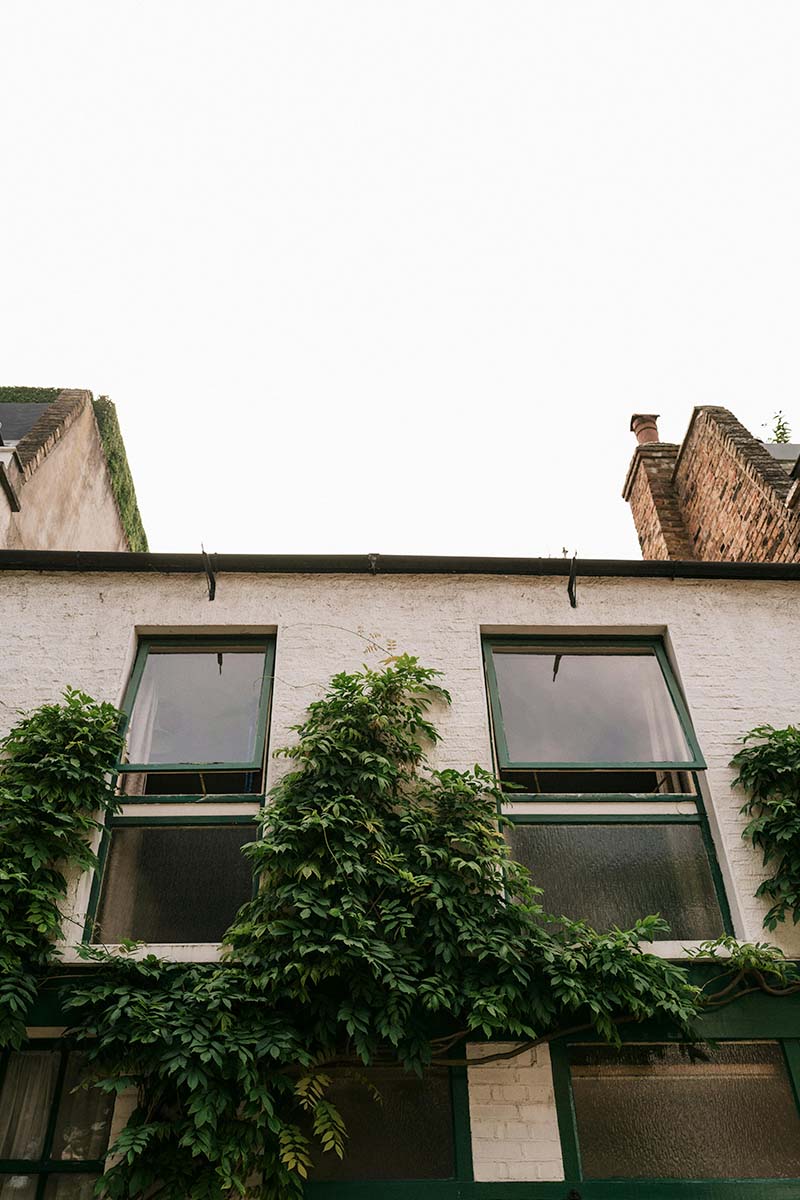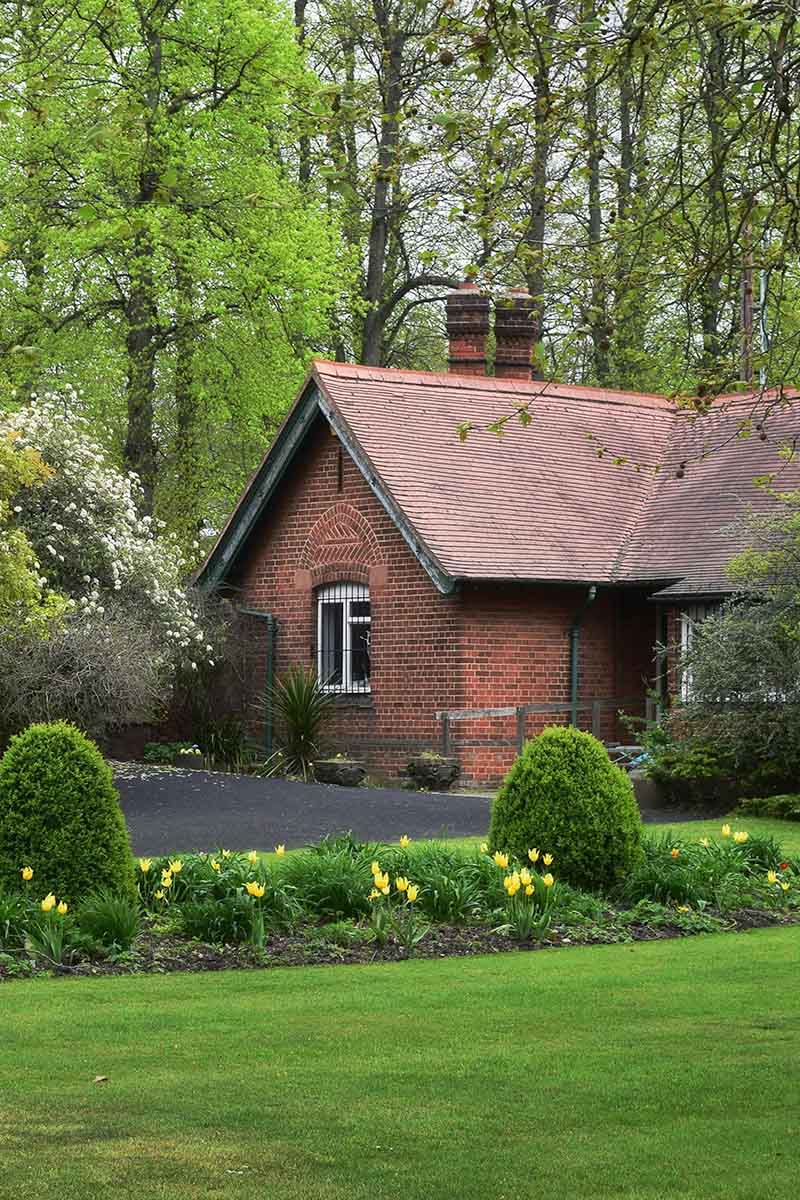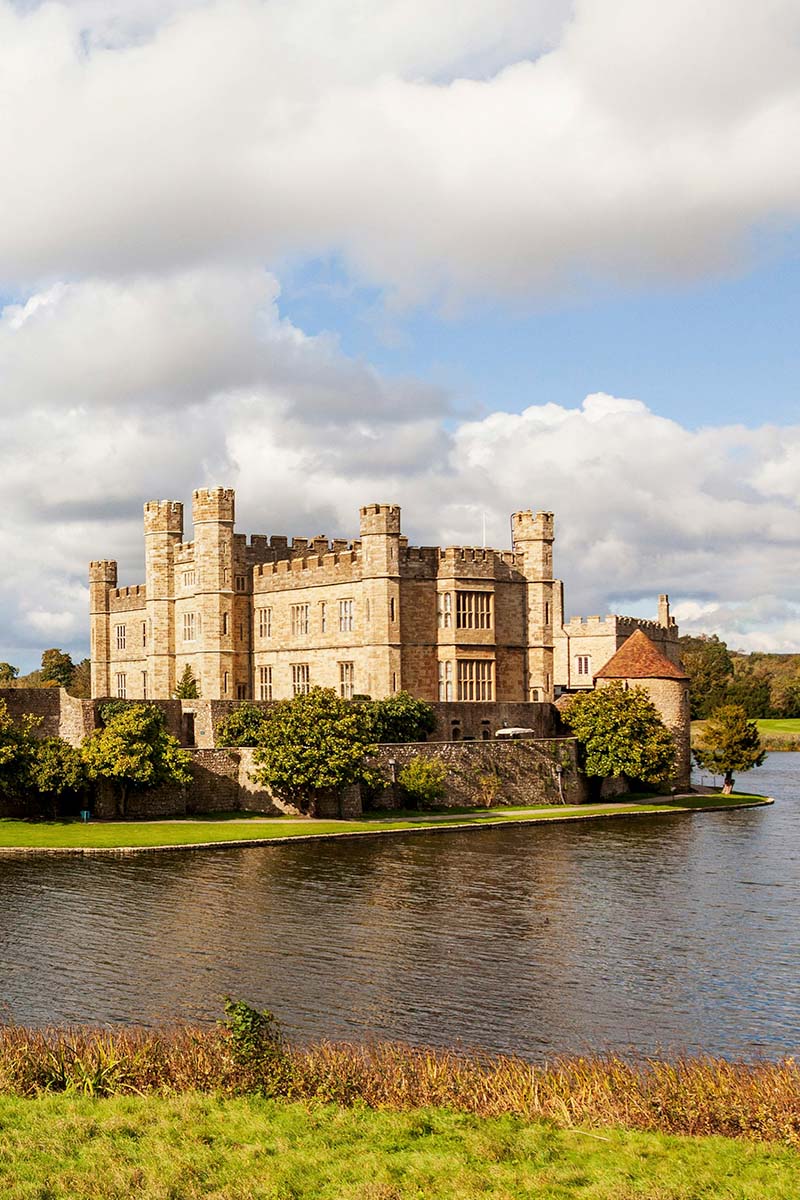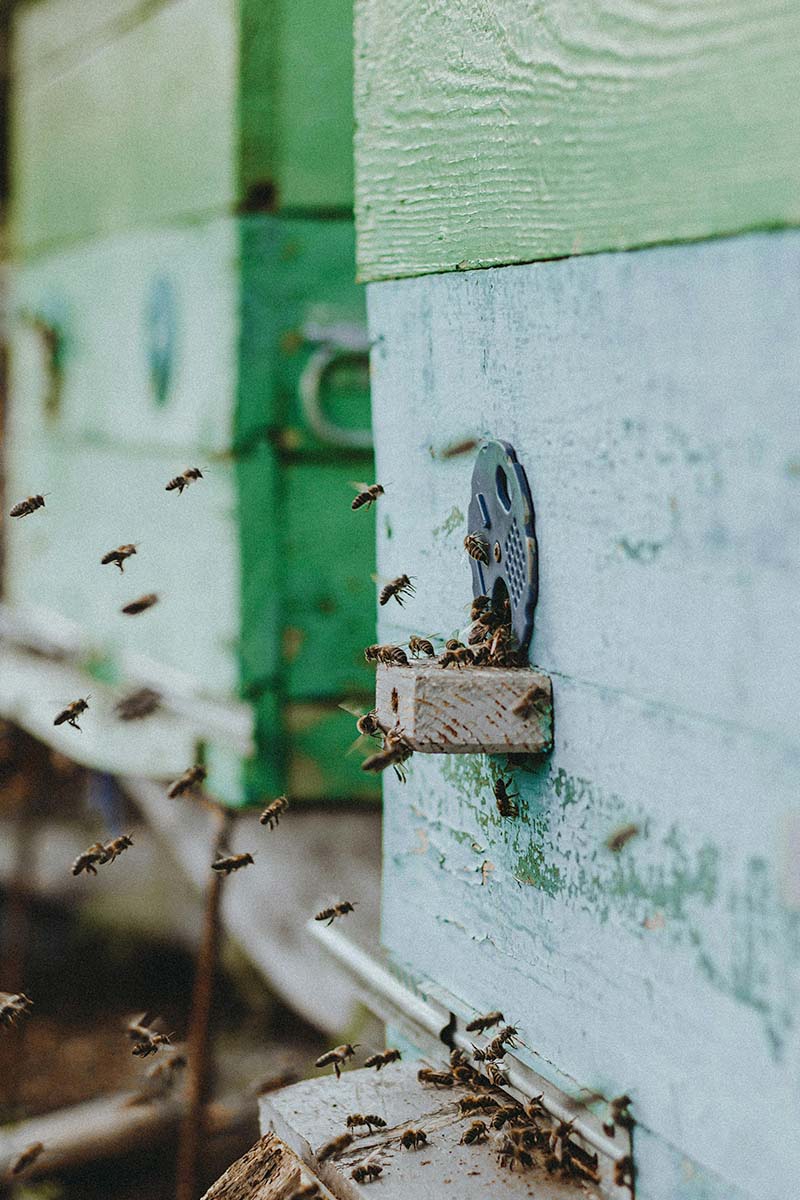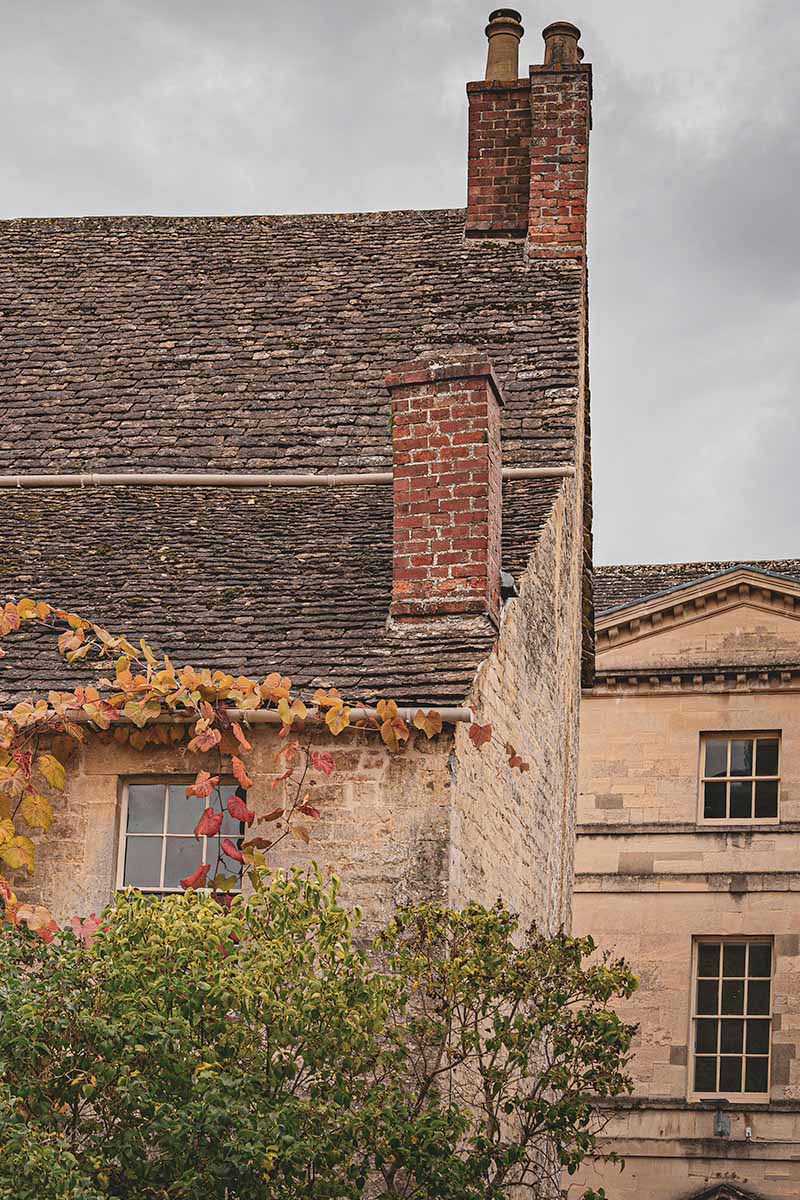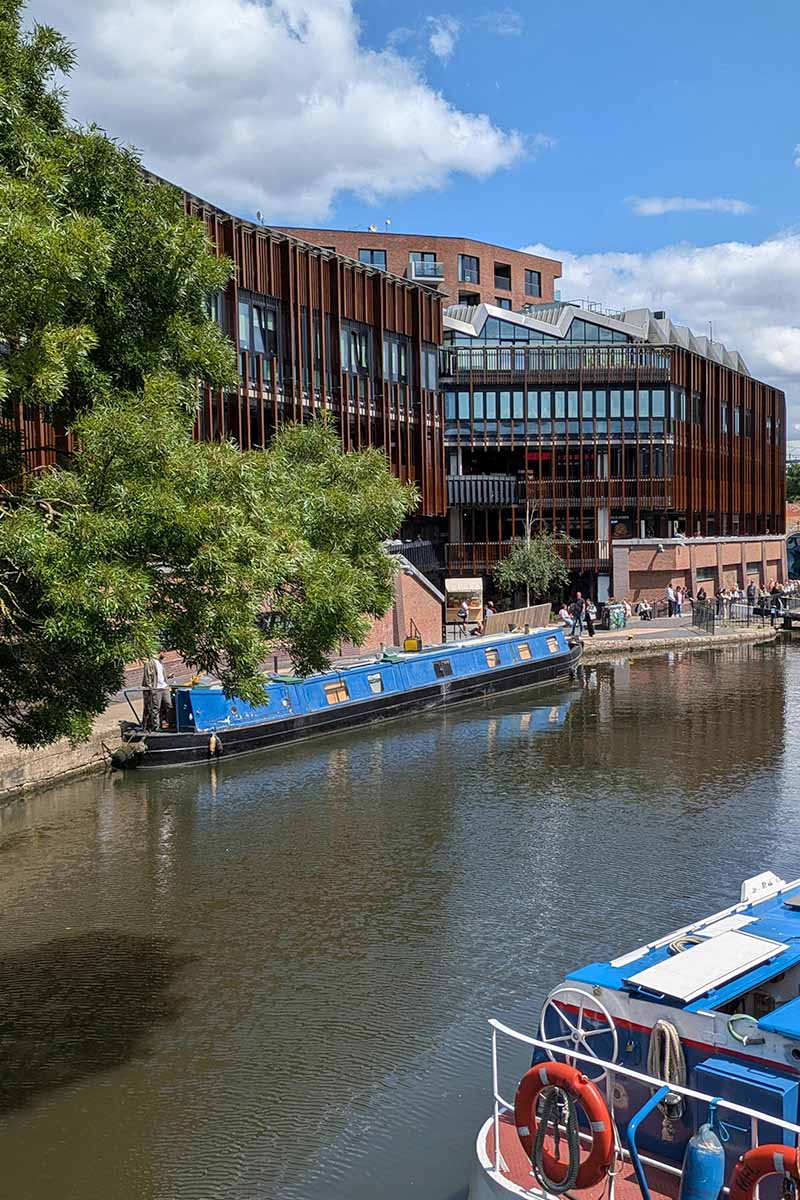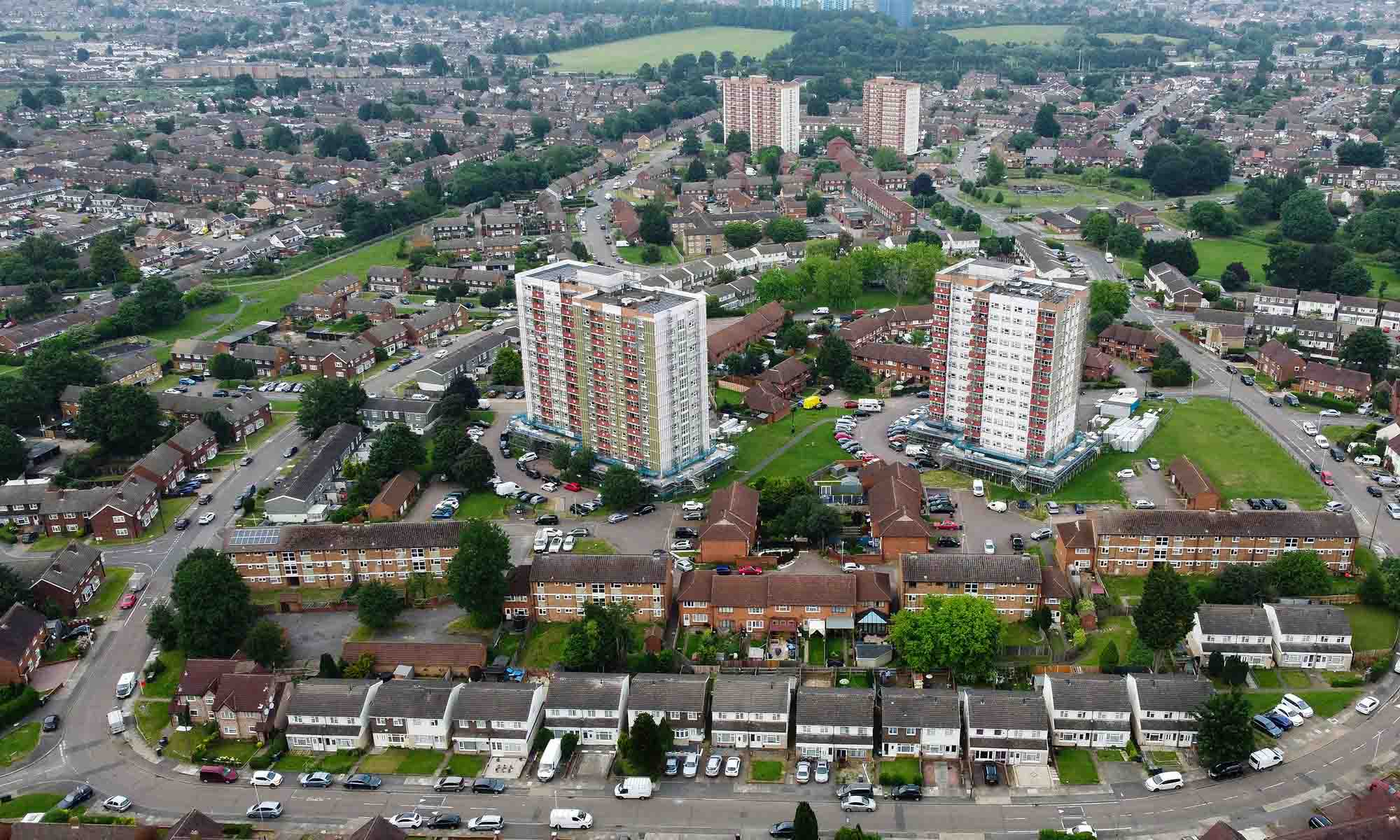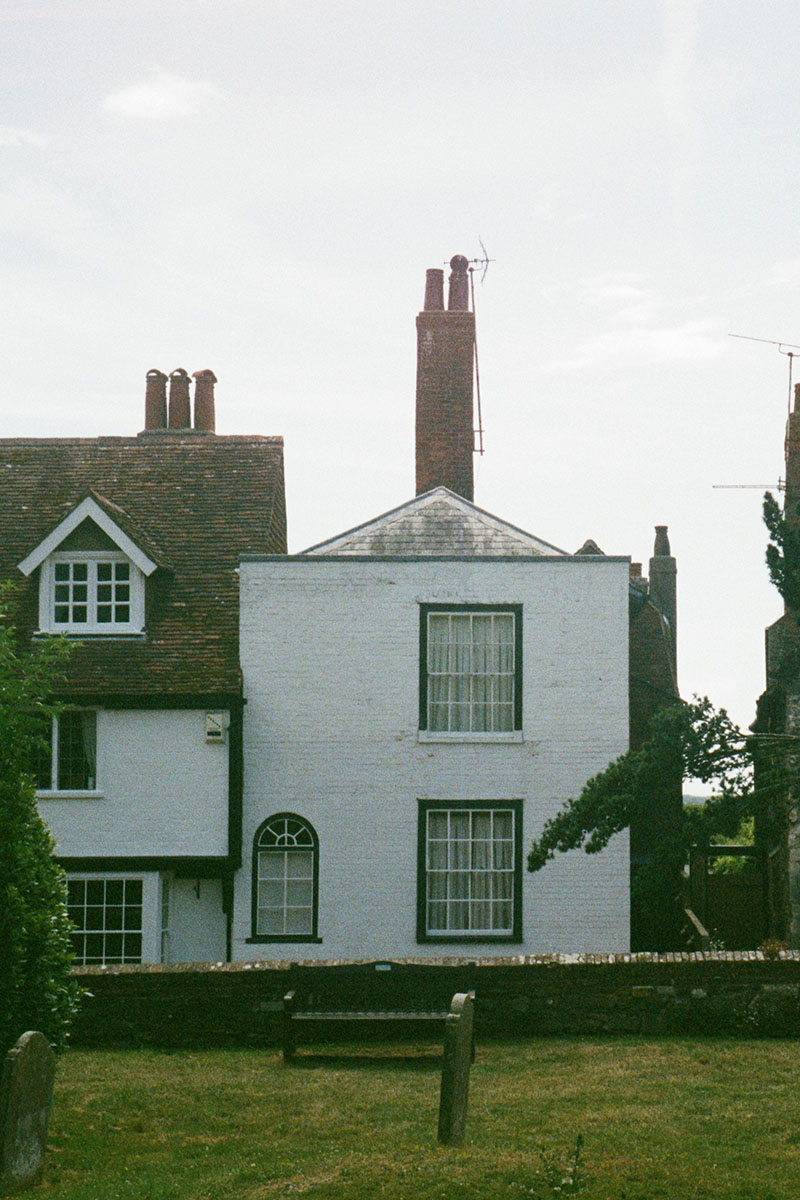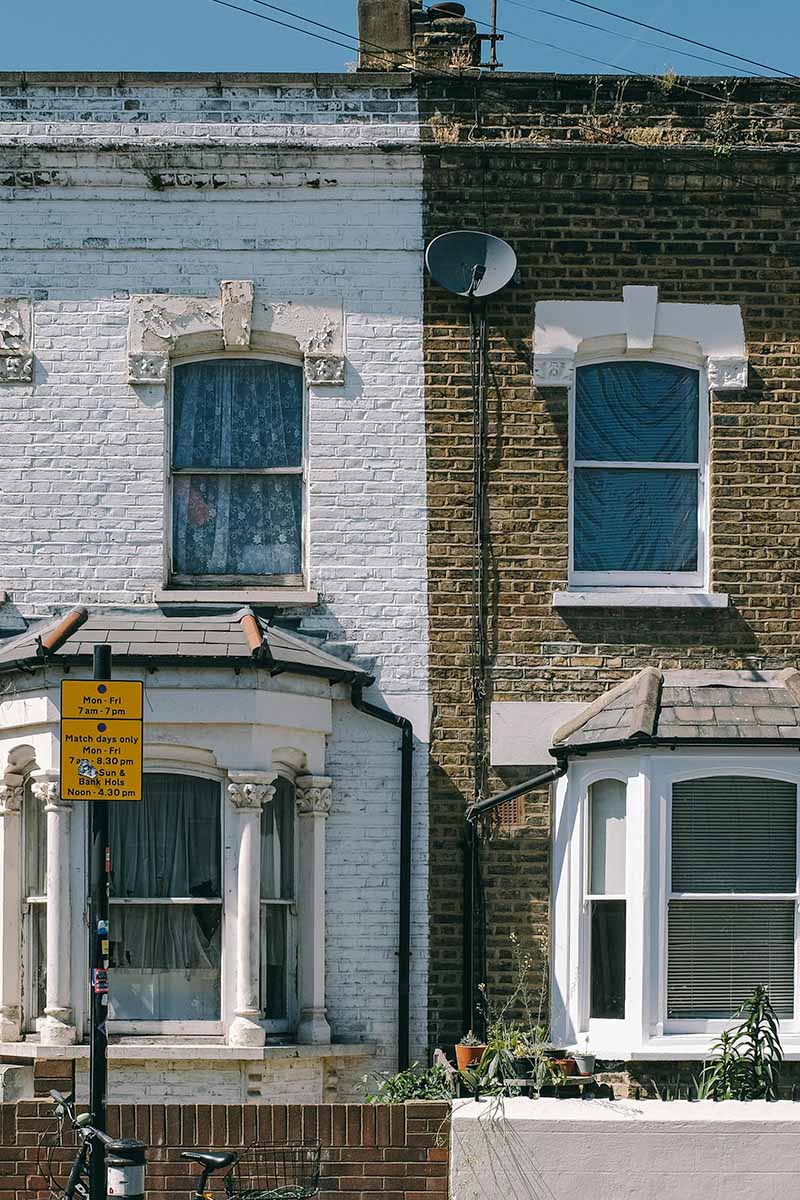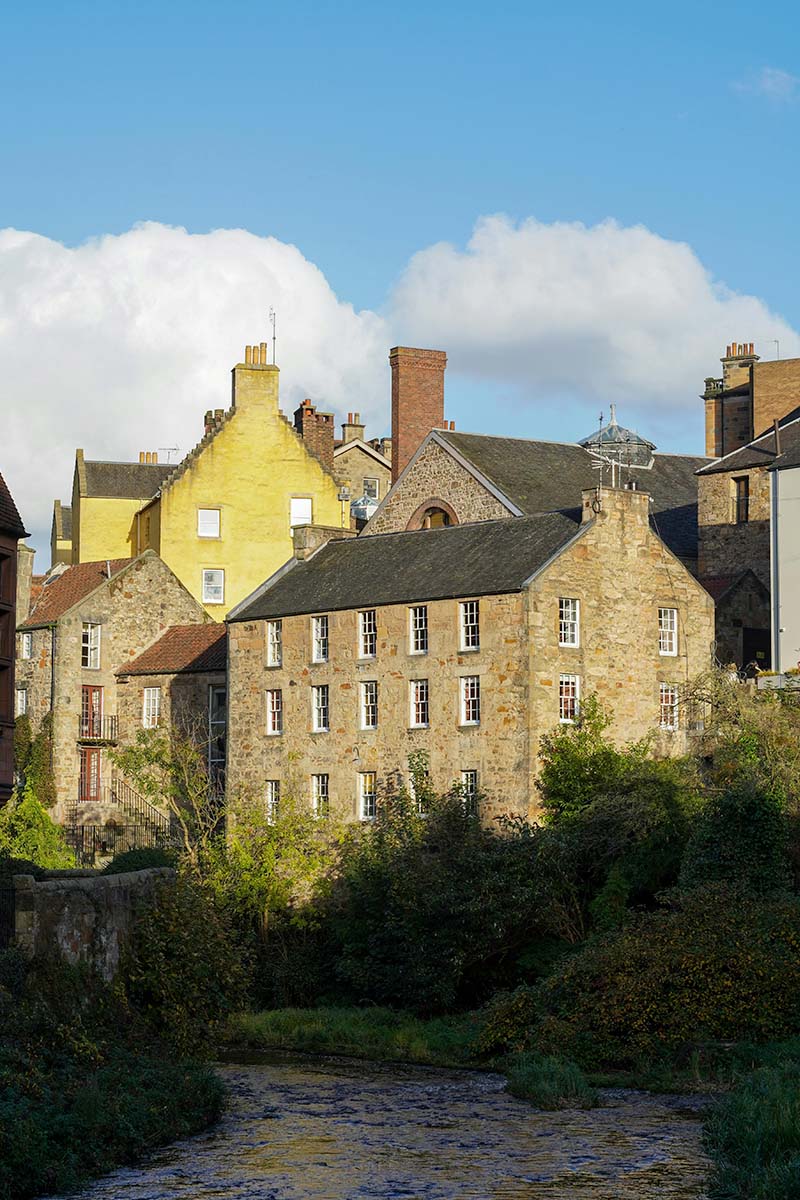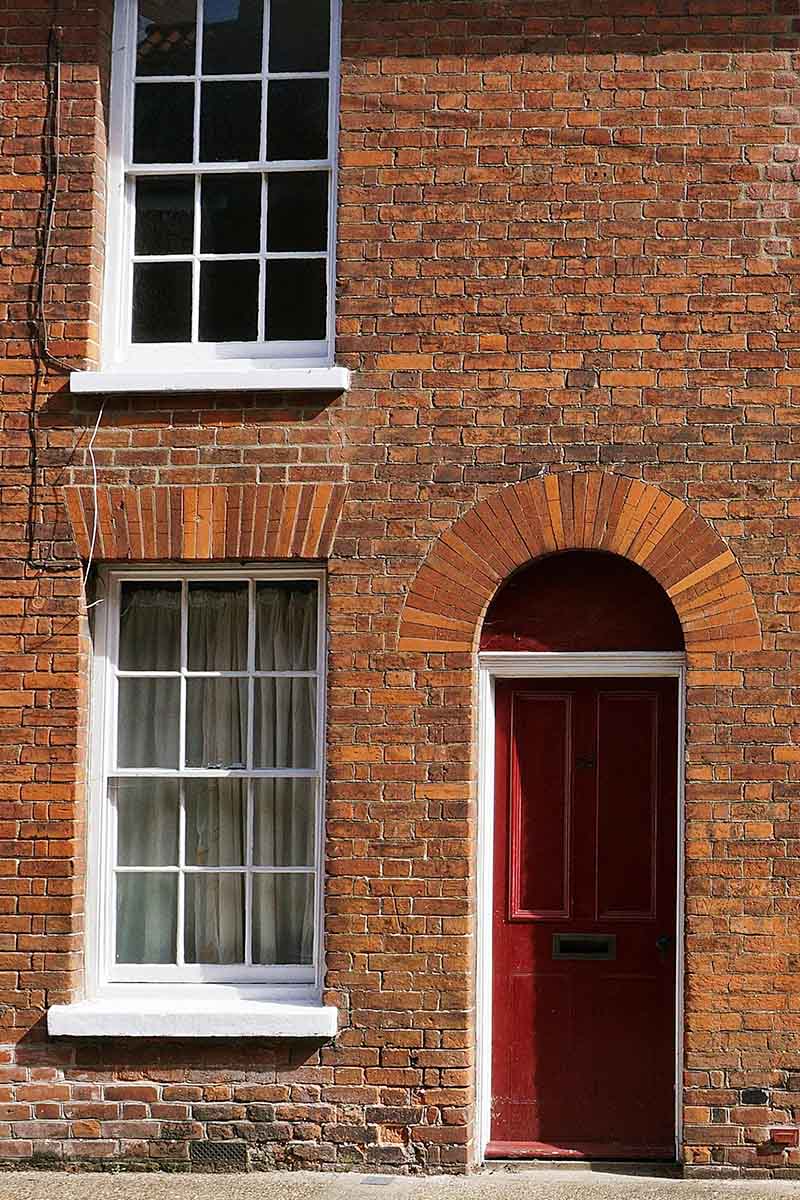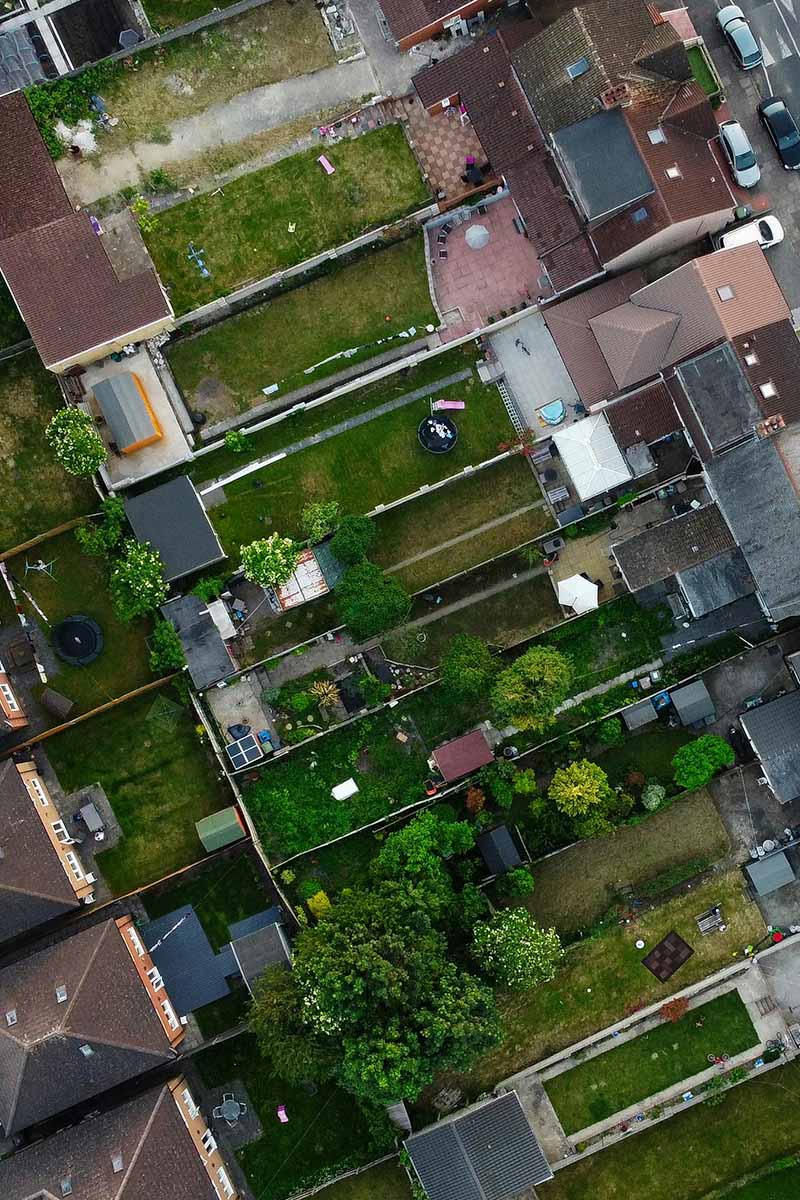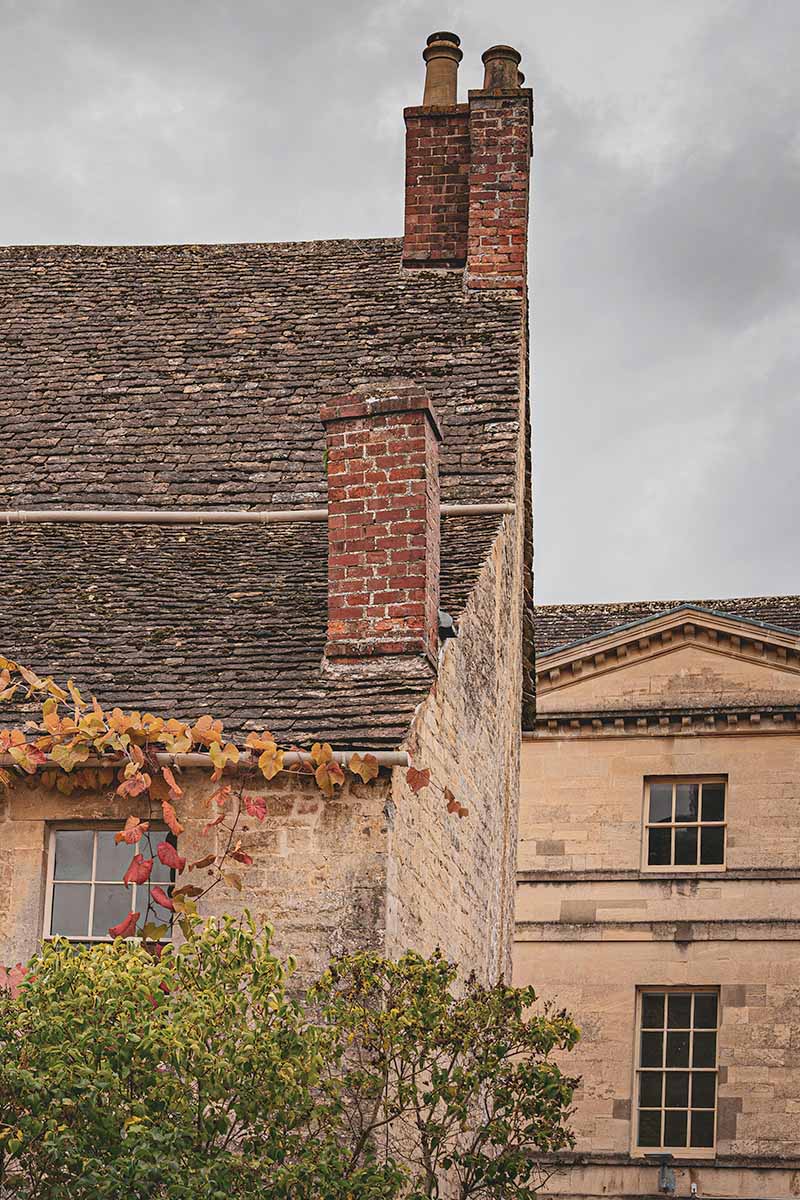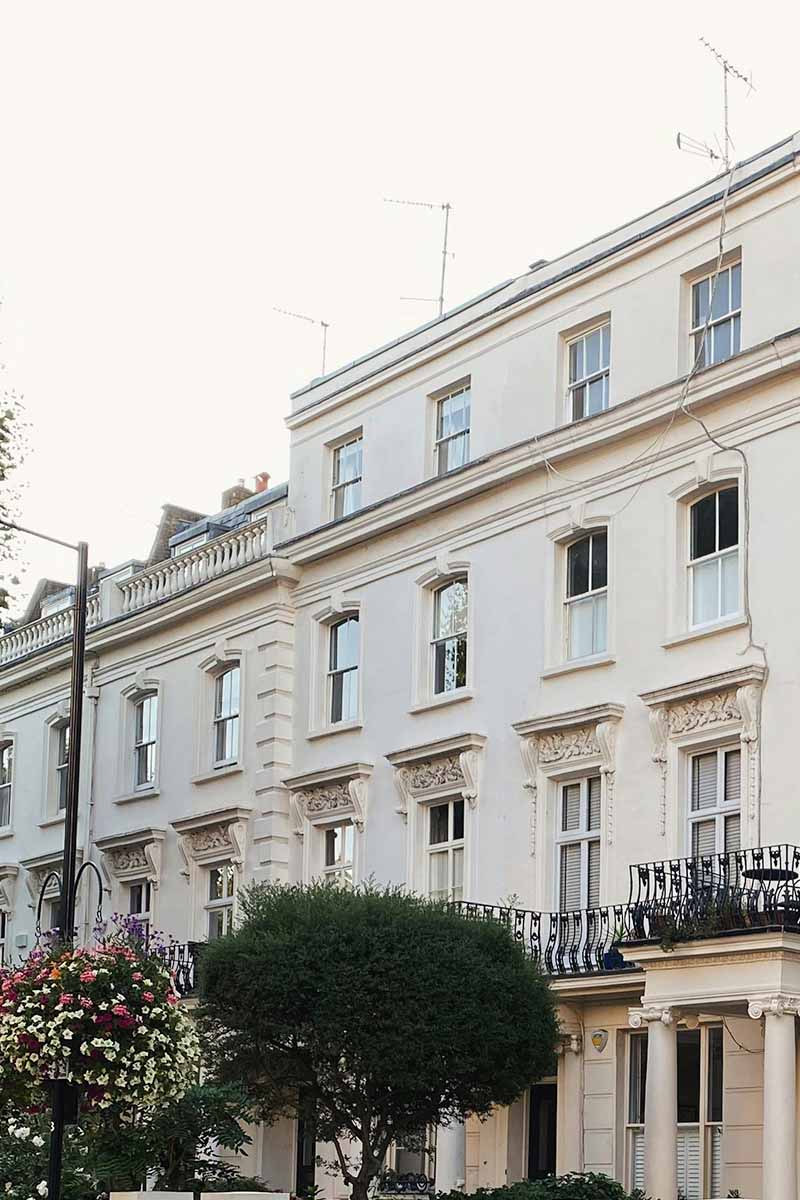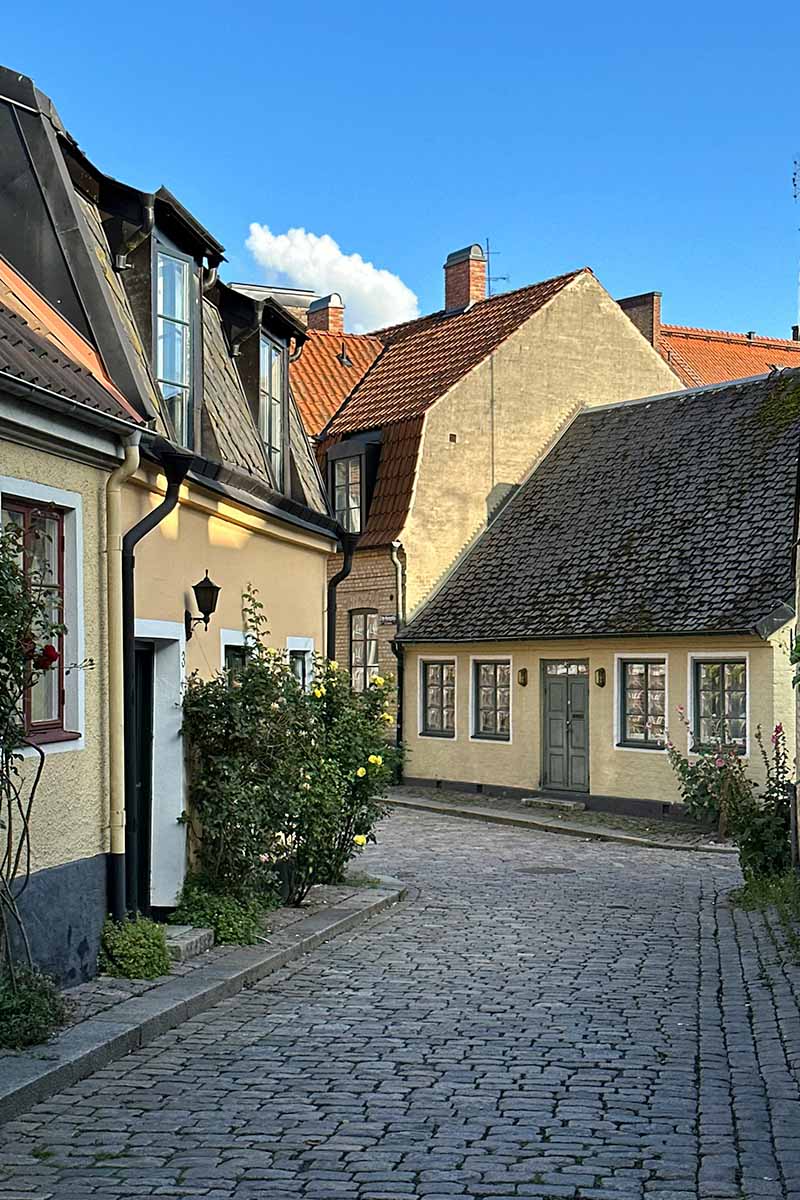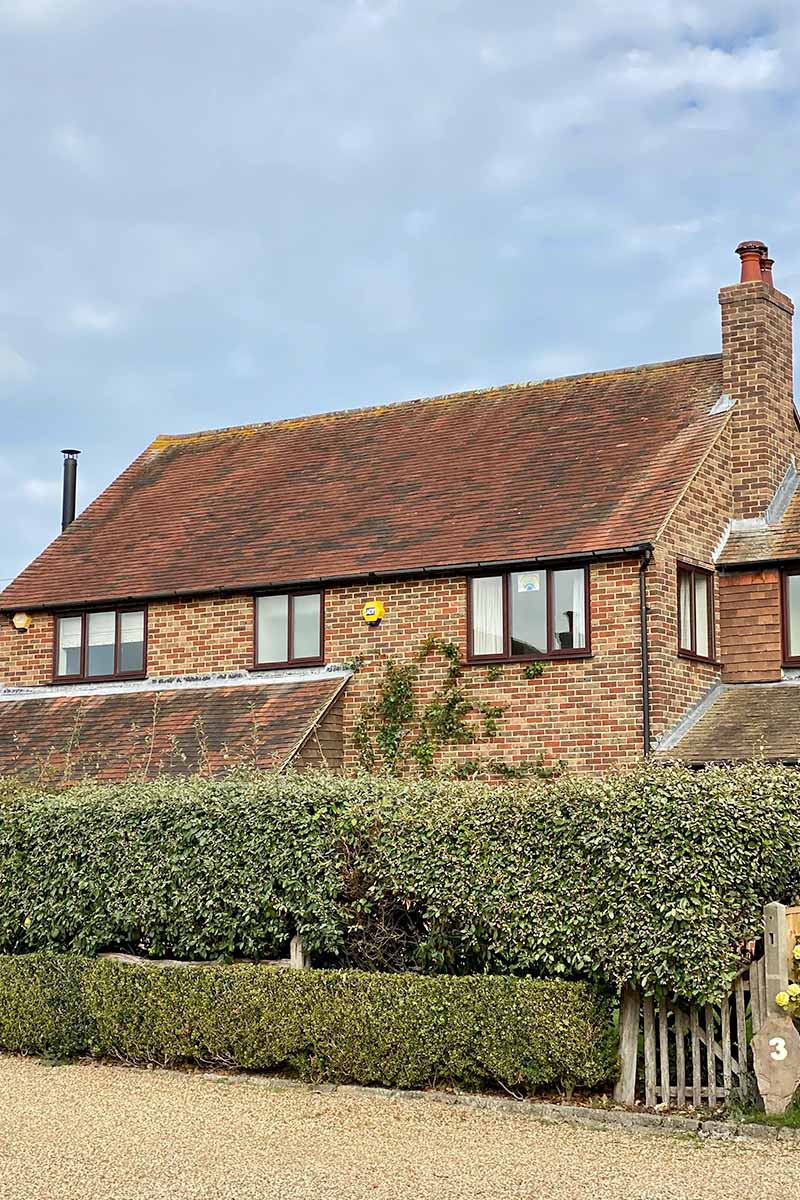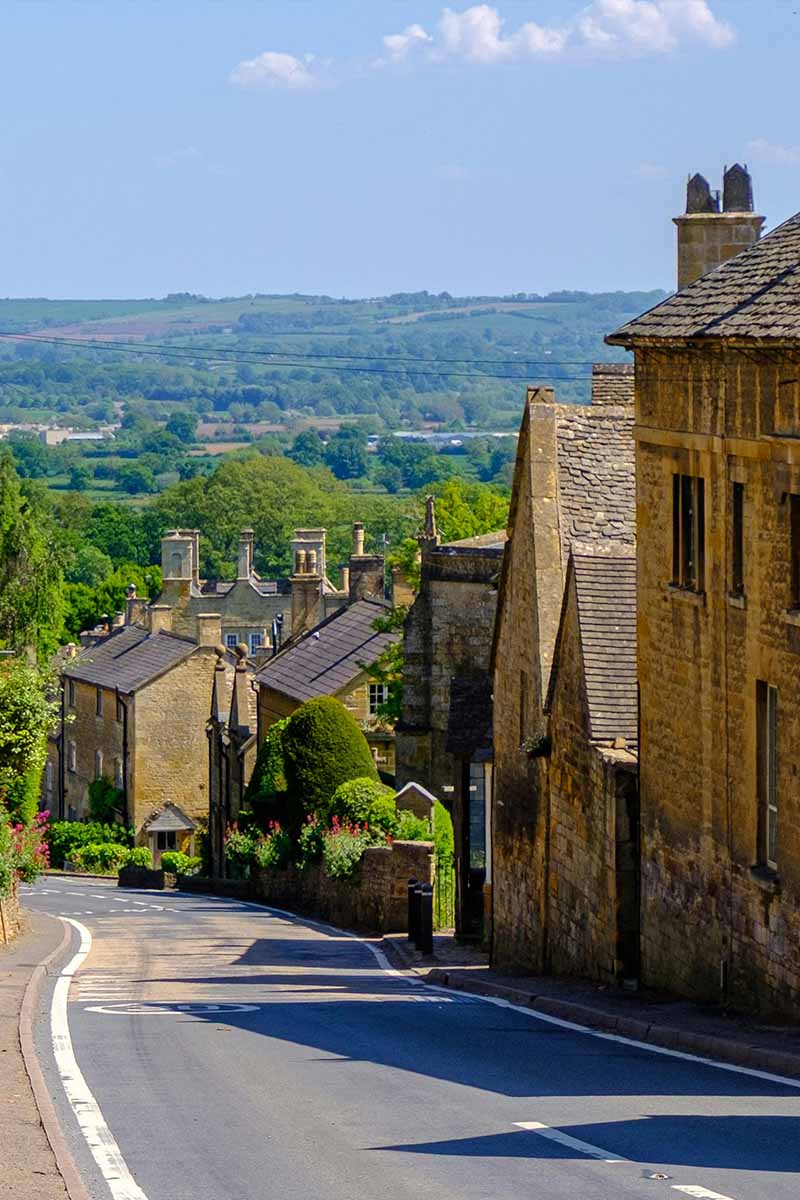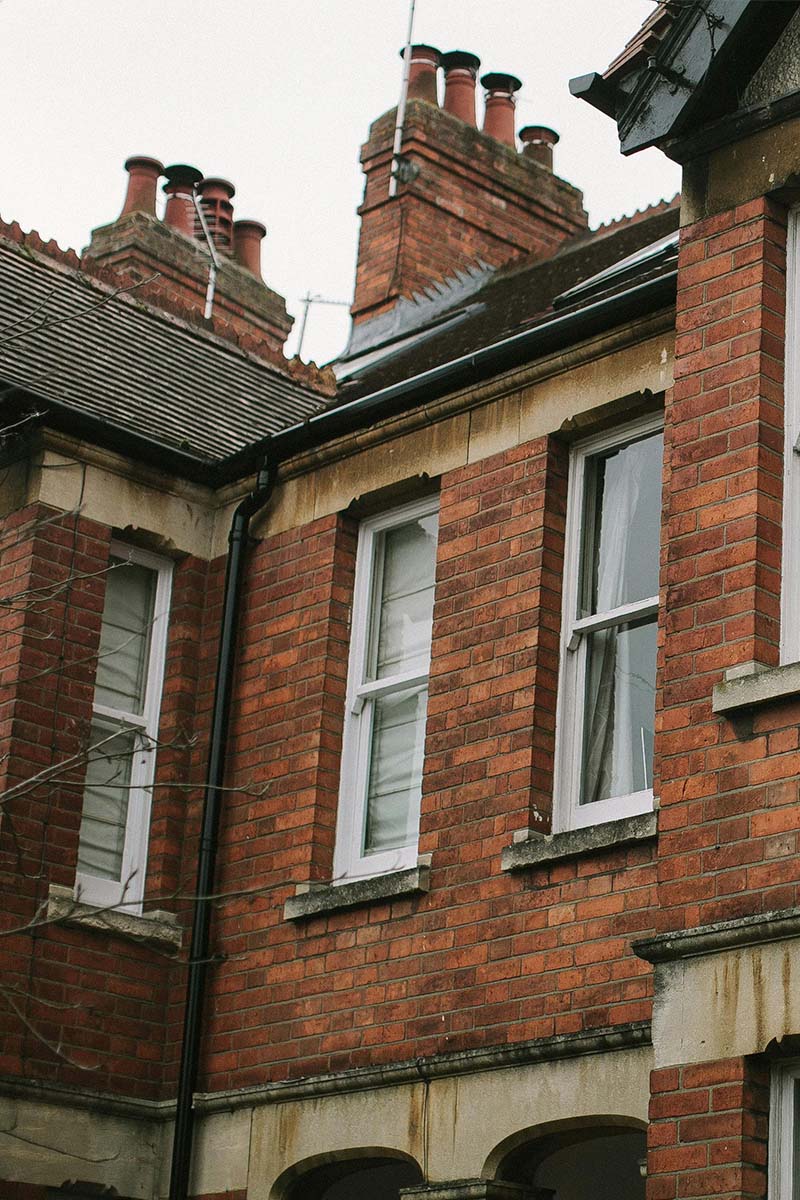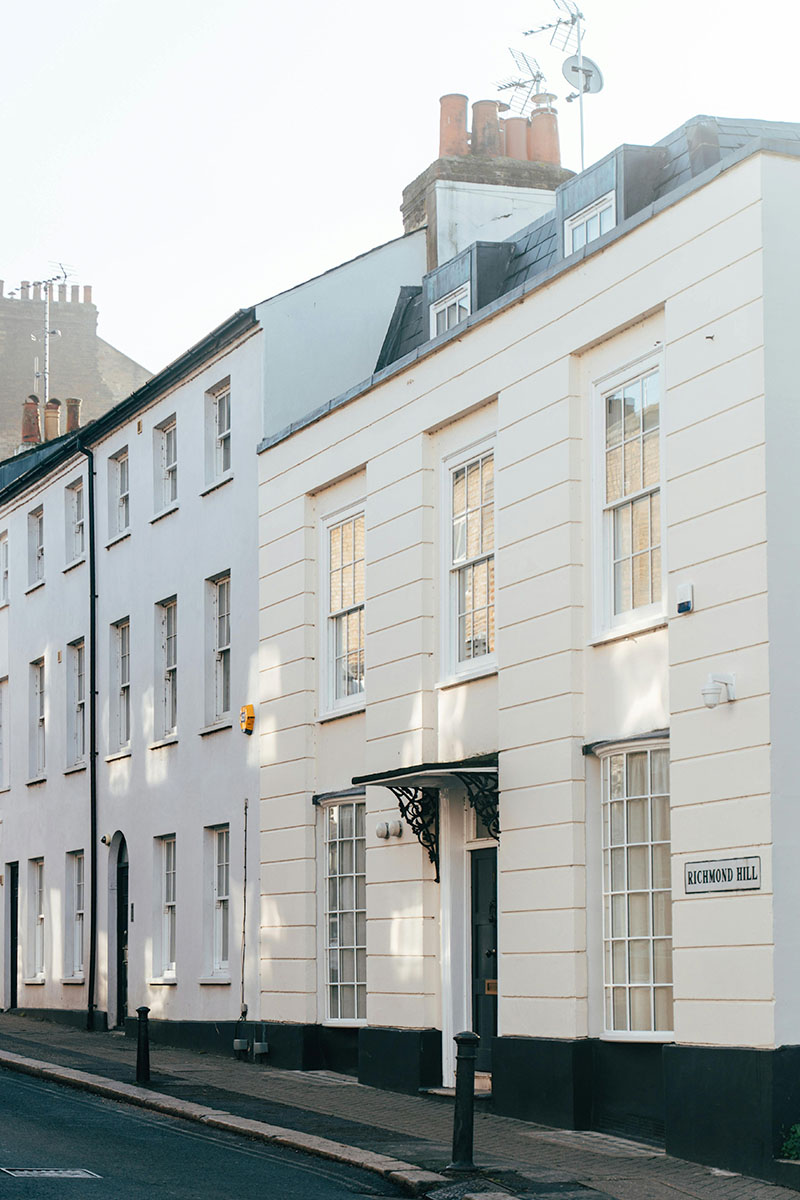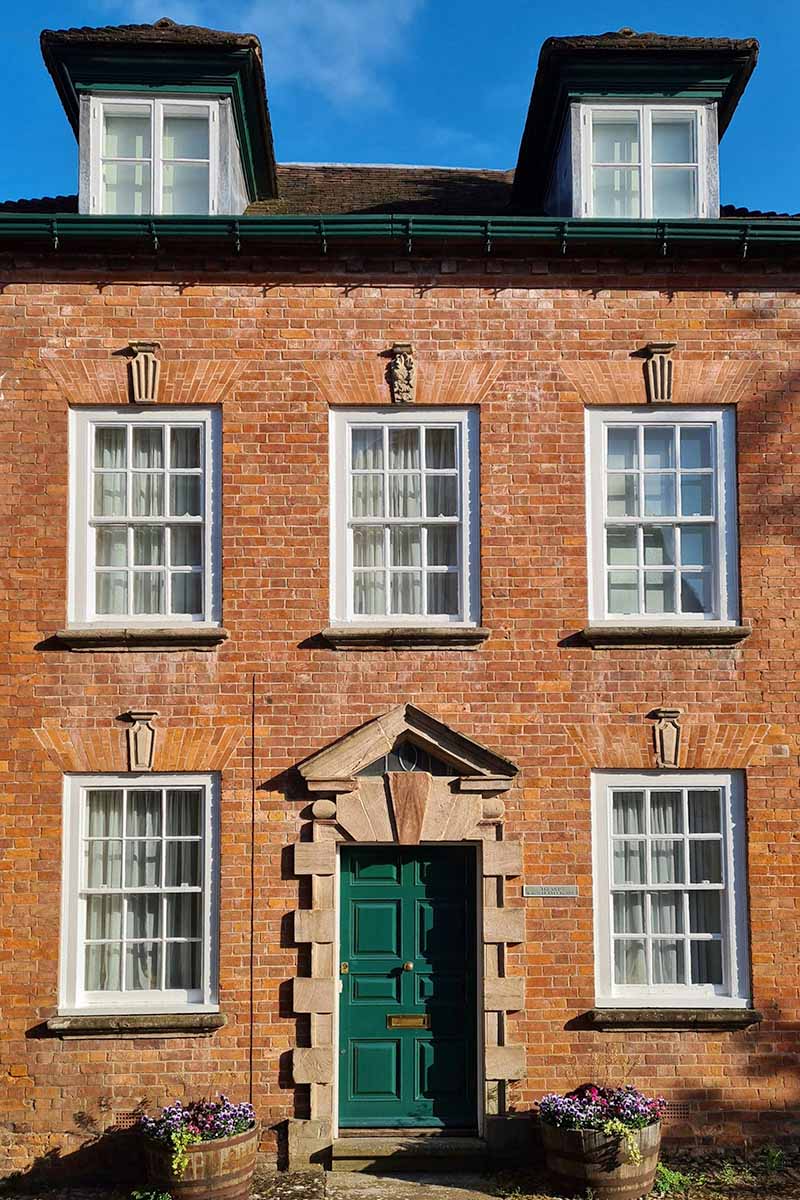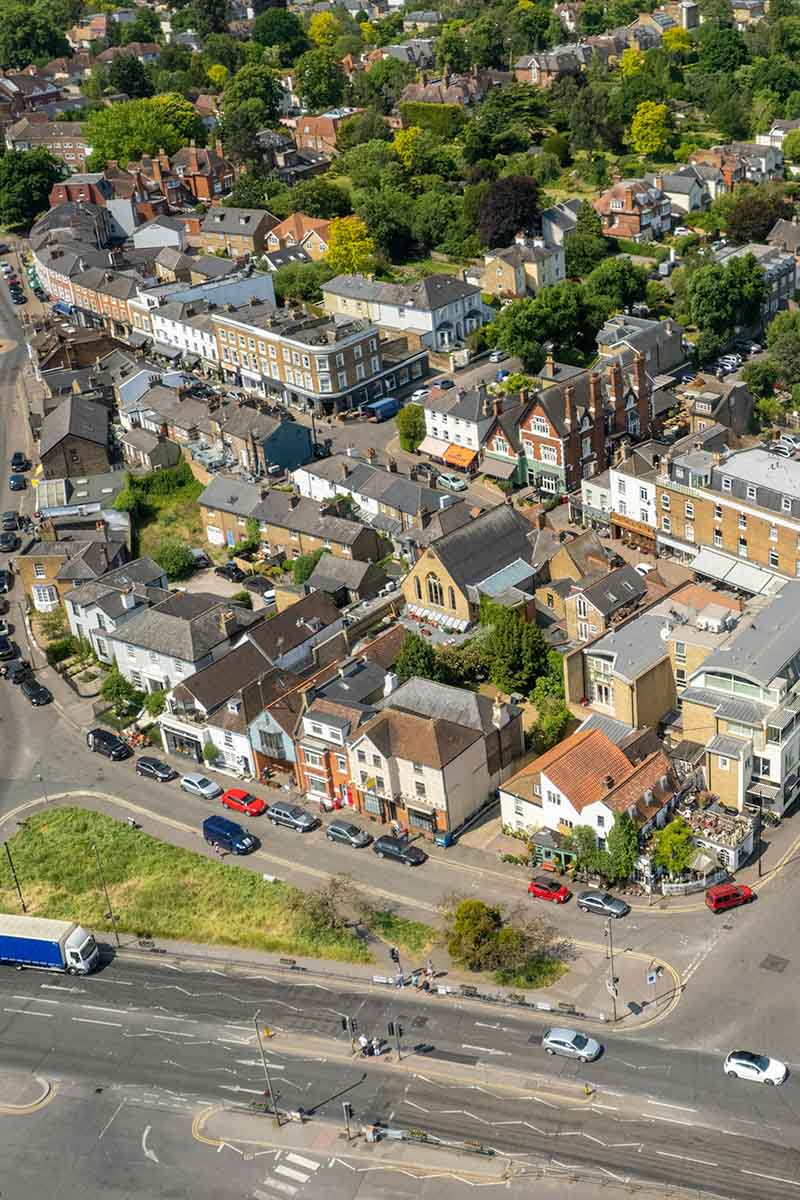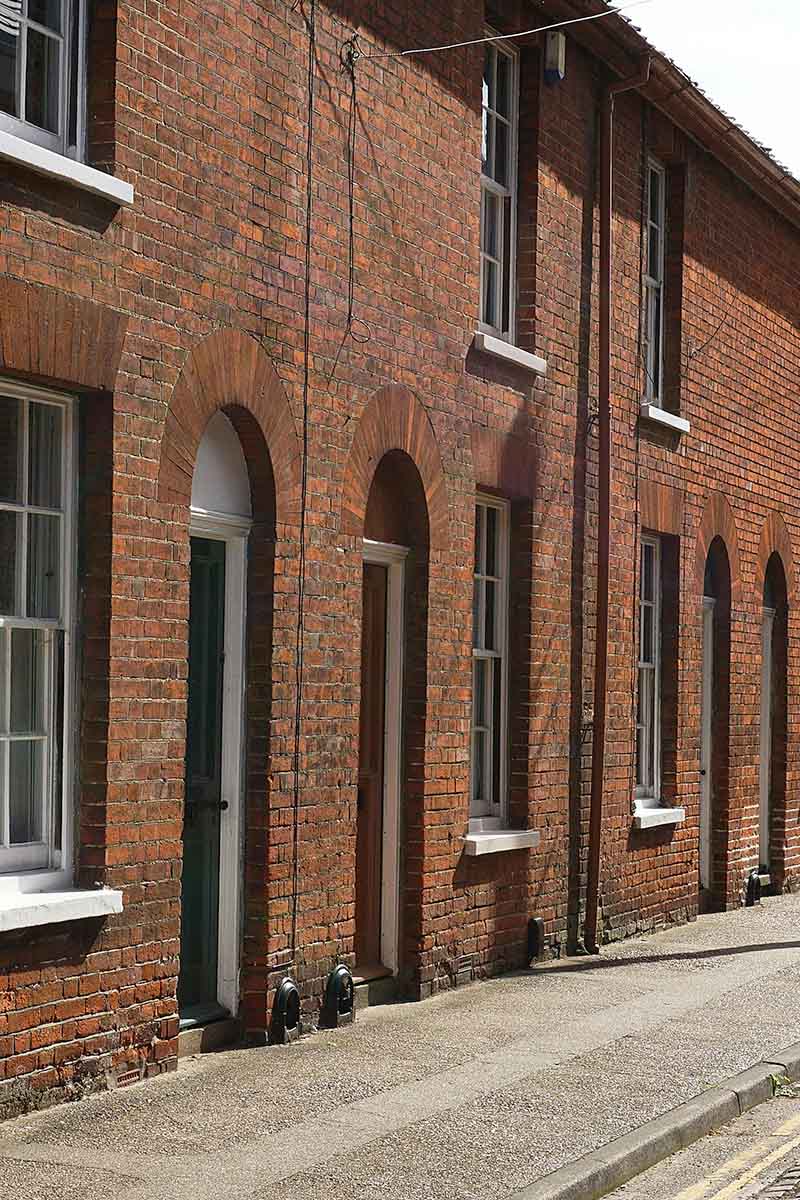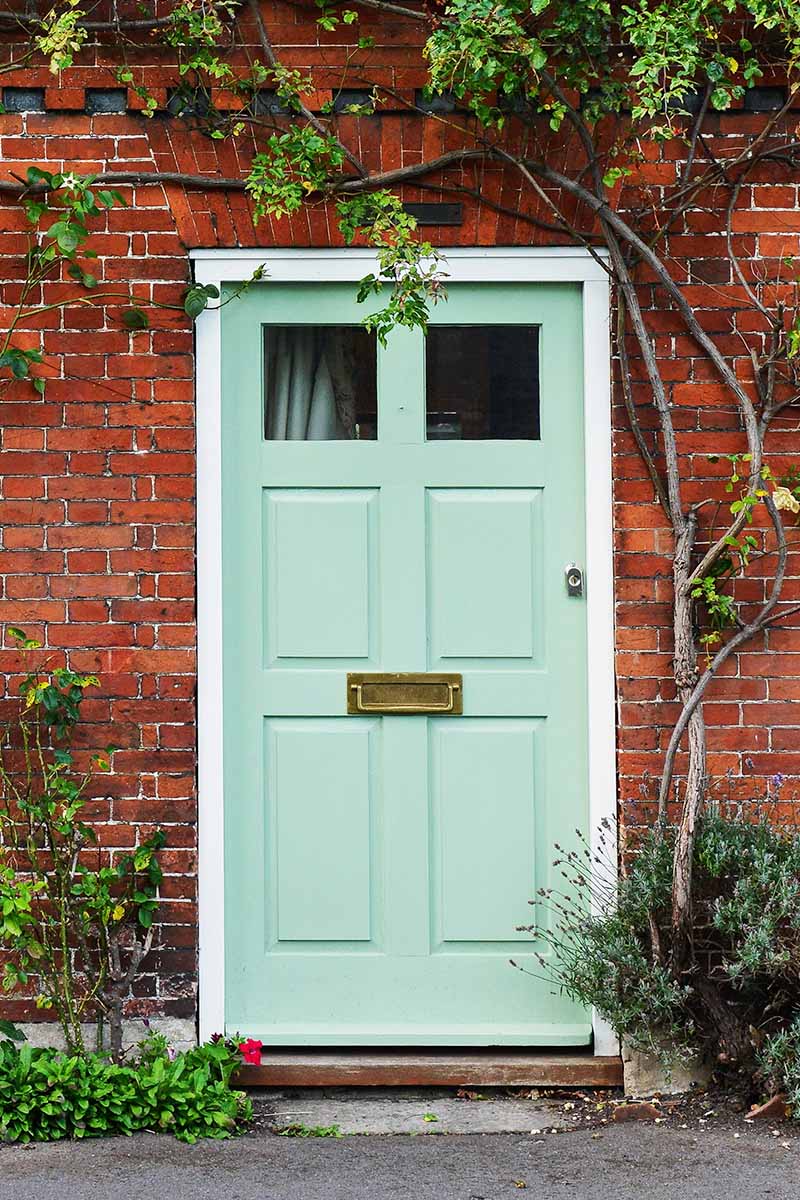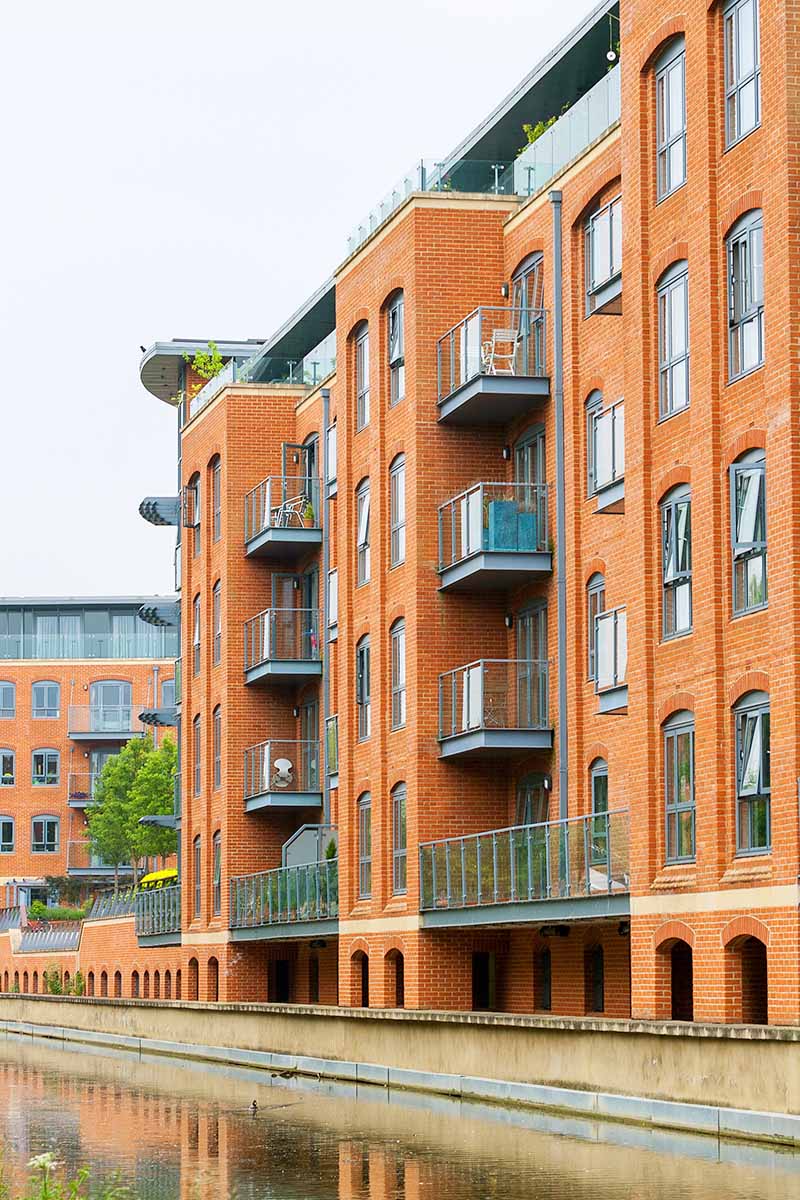Can you empty a house before probate?
When someone passes away, it’s natural for family members to want to start dealing with their loved one’s home and belongings. But legally, the contents of a property form part of the deceased’s estate. That means you cannot usually empty a house until probate is granted.
This guide explains the legal position across the UK, why premature removal of items can cause disputes and tax problems, the limited exceptions, and how executors should best manage a property before probate.
- Probate is the legal process that gives the executor authority to deal with the estate. Until granted, belongings remain part of the estate.
- You generally cannot empty a house before probate. Removing items early risks theft accusations, tax errors, family disputes, and even court action.
- Executors (or administrators) are the only people with authority to manage the property and its contents before probate.
- Limited exceptions exist, such as jointly owned assets passing outside probate, or where perishable goods need removing for safety.
- Risks of early clearance include inaccurate inheritance tax valuation, family conflict, and probate delays.
- Best practice is to secure the property, keep an inventory, maintain insurance, and wait for probate before distributing assets.
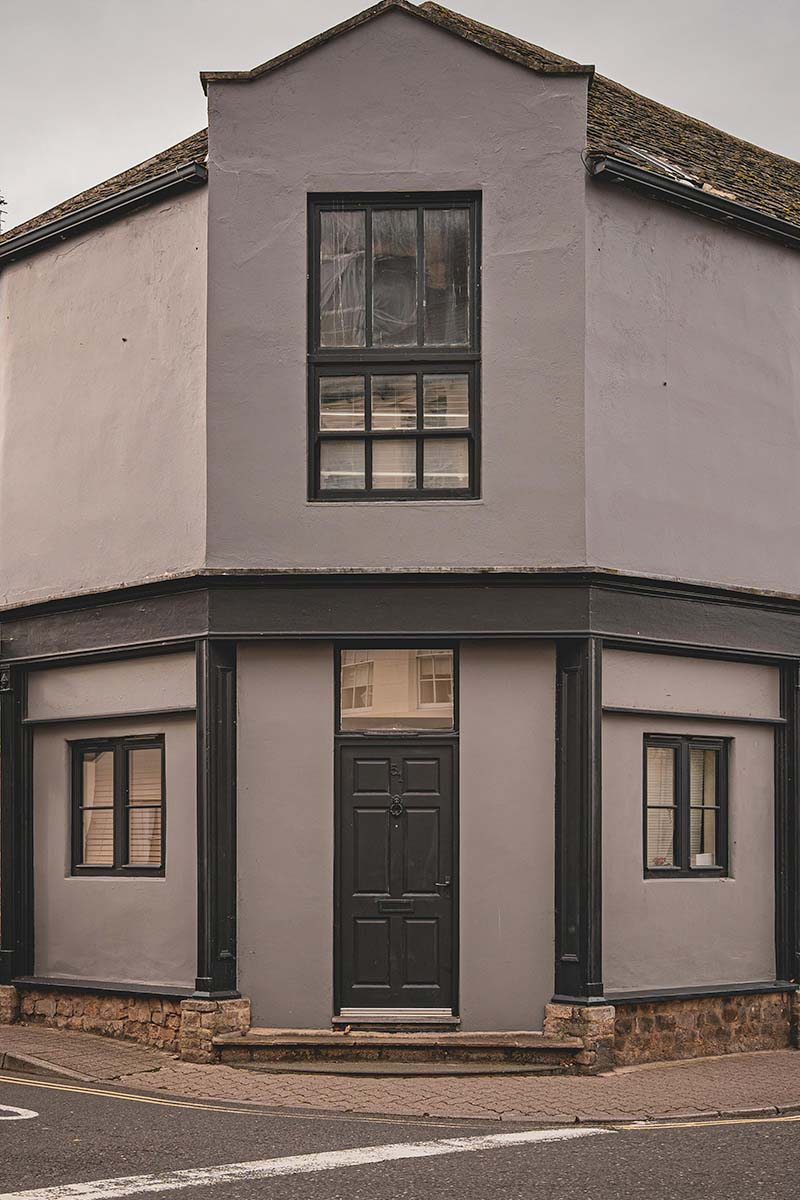
What probate is and why it matters
Probate is the legal permission that allows executors named in a will (or administrators if no will exists) to manage and distribute the estate.
Until probate is granted:
- Ownership does not transfer — the estate owns all assets, including house contents.
- Executors must safeguard the estate, not distribute it.
- Beneficiaries have no legal right to belongings, even sentimental items.
Any removal or distribution of property before probate can therefore be seen as unauthorised and may cause both legal and family problems.
Can you legally empty a house before probate?
In most cases, no. Removing belongings prematurely can create several issues:
- Accusations of theft or misappropriation — heirs may allege that items were taken unfairly.
- Disputes among beneficiaries — particularly where items have sentimental or financial value.
- Incorrect estate valuation — contents (“chattels”) must be valued for inheritance tax. Missing items compromise HMRC reporting.
- Legal penalties — courts can intervene, and executors can be personally liable if assets are mishandled.
Limited exceptions
There are a few scenarios where items may be removed lawfully:
- Jointly owned property – assets that automatically pass to a surviving joint owner (e.g. joint bank accounts or jointly owned furniture) may not require probate.
- Explicit will instructions – if a will allows certain items to be given early and all parties agree, it may be possible. However, legal advice is strongly recommended.
- Security and safeguarding – executors may remove perishables, rubbish, or fragile valuables for safekeeping, provided everything is logged and documented.
Even in these cases, caution is essential. Always consult a solicitor before acting.
Executor responsibility vs family access
Only the executor or administrator has legal authority to deal with the estate before probate. Family members, even close relatives, do not have automatic rights.
- If family remove items without approval, it may be treated as unauthorised access or even theft.
- Executors should communicate clearly with relatives to prevent misunderstandings.
- Where access is essential (e.g. collecting clothes, securing sentimental items for safekeeping), this should be documented in writing and agreed by all executors.
Risks of emptying a house too soon
Prematurely clearing a home carries significant risks:
- Inheritance tax problems – undervalued or missing items can cause HMRC challenges.
- Executor liability – executors may be held personally liable for losses.
- Delays to probate – disputes or contested removals can stall proceedings.
- Family conflict – sentimental belongings removed early often cause lasting rifts.
- Insurance complications – unoccupied homes may lose standard cover if not properly insured.
- Emotional strain – rushing can increase stress at an already difficult time.
Save time and hassle by selling your home with us
Get a guaranteed cash offer on any property in England and Wales. All you need to do to get started is enter your address below.
Practical guidance for executors
Executors should focus on preserving, not distributing, the estate until probate. Best practice includes:
- Keep a full inventory – log and photograph contents.
- Arrange unoccupied property insurance – many standard policies lapse when a house is empty.
- Secure the property – change locks, install alarms if necessary.
- Remove perishables only – food, rubbish, medicines.
- Document access – keep records of who enters and why.
- Communicate transparently – keep beneficiaries informed to avoid disputes.
- Seek legal advice – especially before making any exceptions.
Real-life scenarios
- Sarah’s mistake – Sarah began distributing her late father’s jewellery before probate. A distant relative later contested the will, and Sarah was held personally liable for the missing items’ value.
- John’s approach – John, as executor, kept an inventory, secured the property, and only removed perishables. After probate, he distributed items smoothly, avoiding disputes and delays.
Related questions
Is it illegal to empty a house before probate?
It isn’t automatically a criminal offence, but without probate authority it can be treated as theft or misappropriation. Executors may also face legal claims from other heirs.
Can family members go into the property before probate?
Only with the executor’s permission. Even then, they should not remove or distribute items.
What happens if items are missing before probate?
Executors may be asked to account for missing assets. This can delay probate and create liability for those who removed them.
What about house clearance companies?
Executors should not instruct clearance firms until probate is granted, unless only rubbish or perishables are being removed.
What if the house is at risk of burglary or damage?
Executors have a duty to secure the property. Insurance and security arrangements can be made before probate.
Recap: Can you empty a house before probate?
In almost all cases, the answer is no. Until probate is granted, the contents of a house remain part of the estate and cannot legally be distributed. Executors must secure and preserve assets, not hand them out.
Limited exceptions exist — such as jointly owned property or safeguarding perishable items — but even these should be handled with care and documented.
The safest course is always to wait for probate, keep detailed records, and communicate clearly with beneficiaries. This avoids disputes, tax errors, and delays.
Sell with Habello
If you’ve inherited a property and need to sell, Habello can help once probate is granted.
- We provide a fair market valuation and a guaranteed cash offer within 48–72 hours.
- You choose a flexible sale timeline to suit your schedule.
- No estate agent fees, no hidden costs.
- We cover your legal fees when you use our partner solicitors.
Contact Habello today for a reliable, stress-free sale after probate.
Property owners are choosing Habello for a faster, easier and less stressful way to sell
Sell your home quickly for cash by accepting an offer just below market value. See how we compare to your other options by using the calculator below.
Related guides
Bring yourself up to speed with our property guides.





